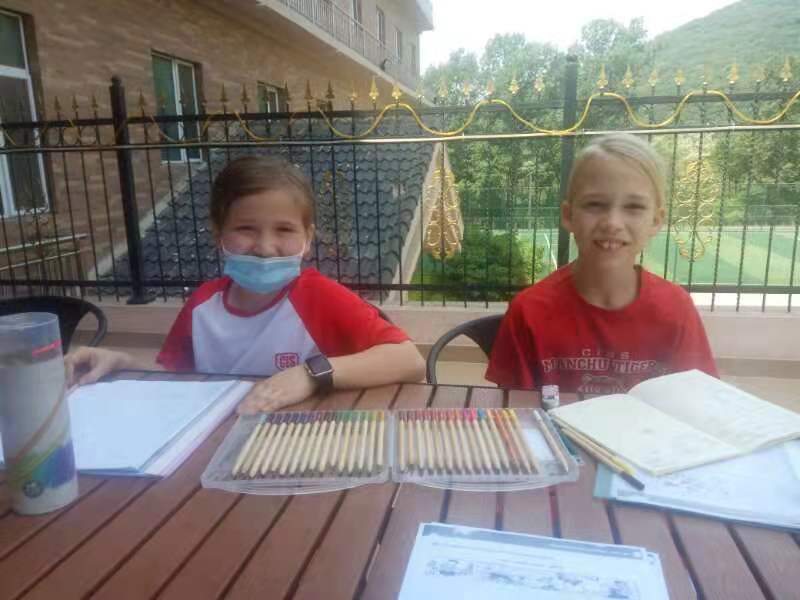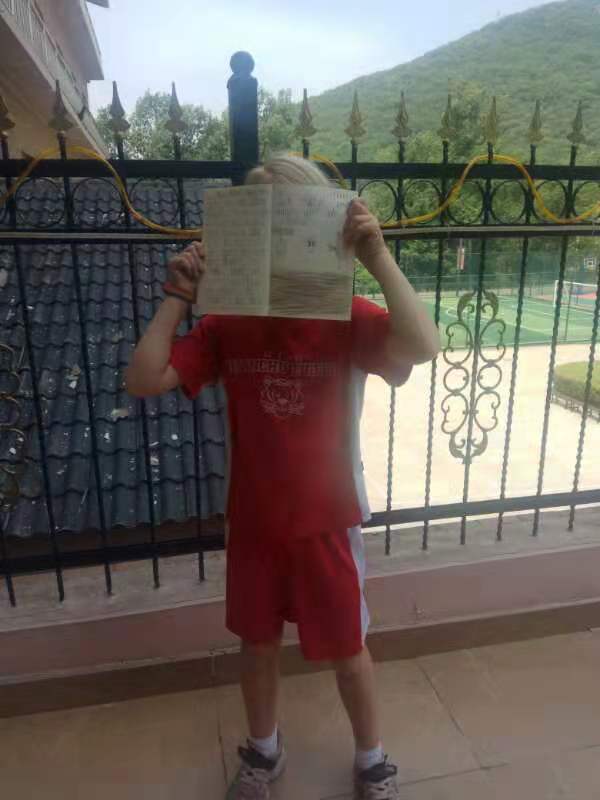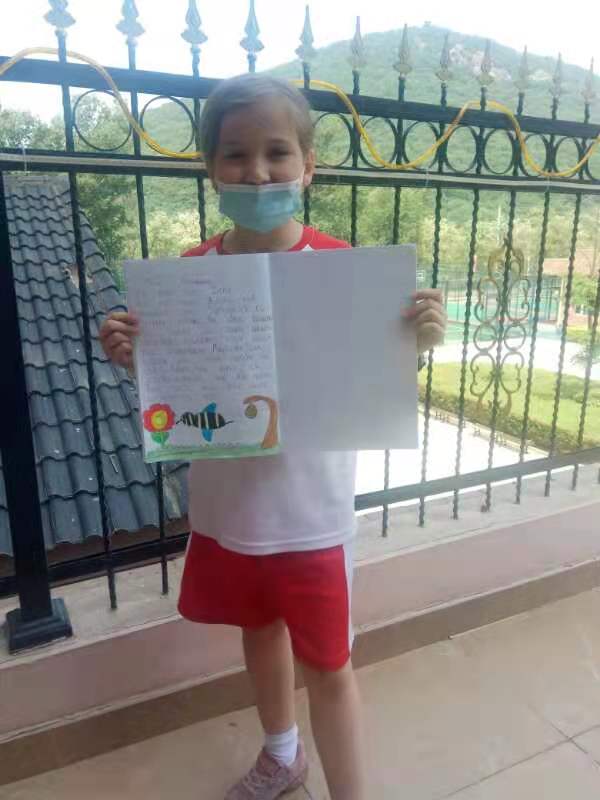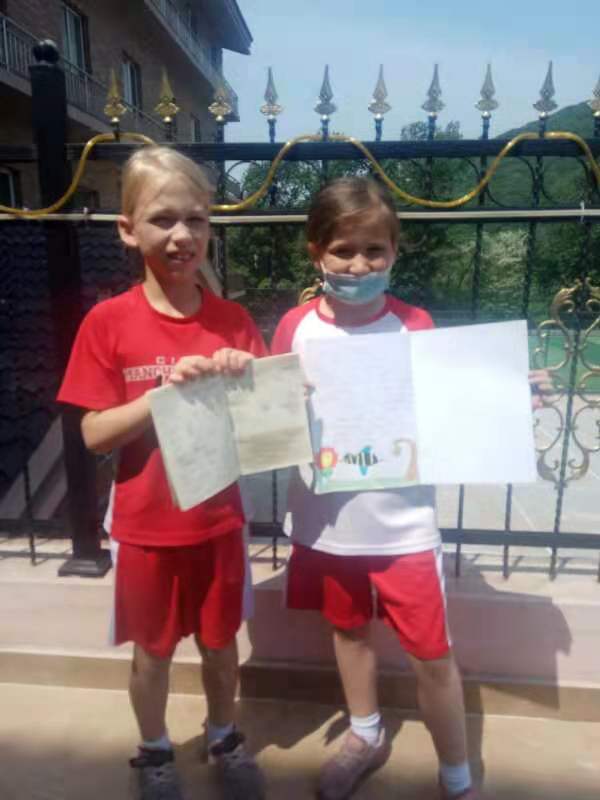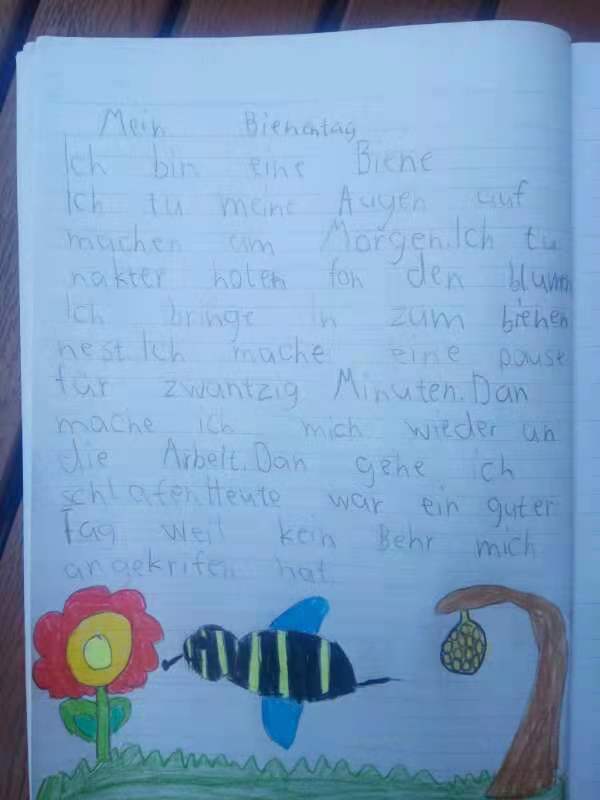Thursday May 20 was International Outdoor Classroom Day which is a global movement to make time outdoors part of every child's day. On two days of action each year (one in May and one in November), teachers take children outdoors to play and learn. Outdoor education and play support emotional, behavioral and intellectual development. The PYP students and the teachers enthusiastically participated in this global event in various activities.
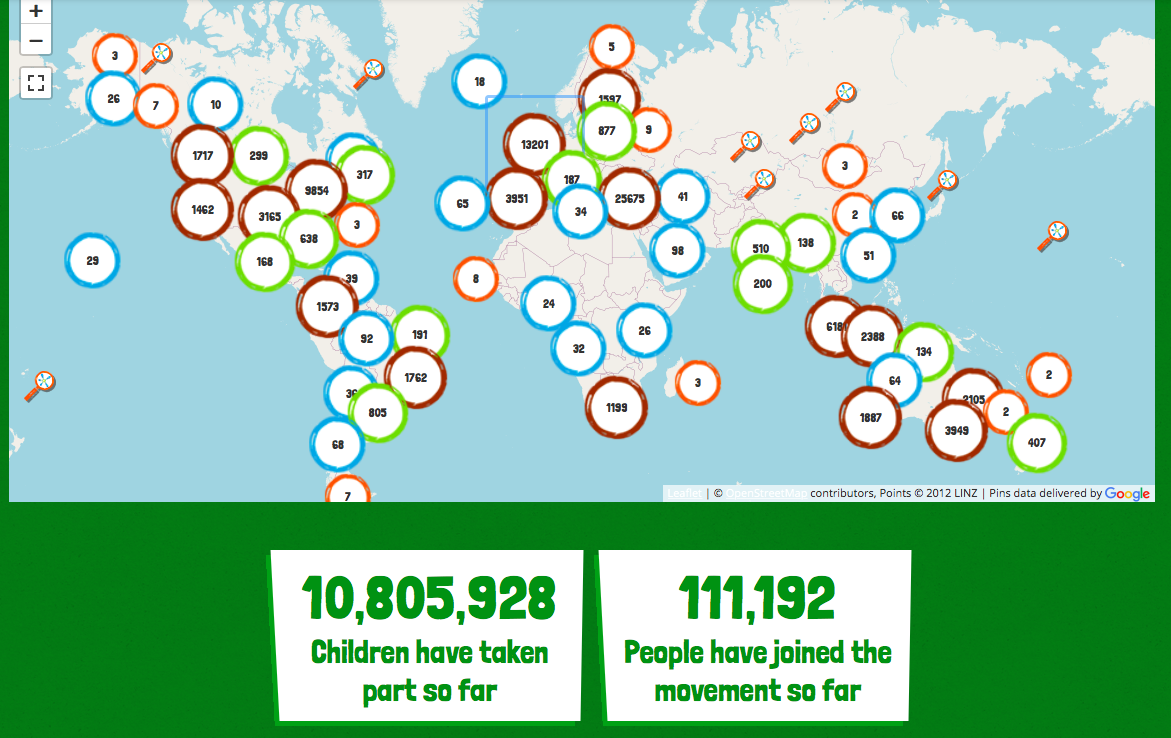
After learning and practising some preposition words in the classroom, the Grade 1 class were eager to test their knowledge in the playground. They loved getting ‘on top’, ‘inside’, ‘next to’, ‘beside’, ‘in front of’, ‘between’ and ‘under’ various playground equipment applying what they had learnt in the classroom to everyday life. Once they physically understood these preposition words, they then used chalk and the outside surface to practise the spelling of these prepositions. The students worked collaboratively helping each other with their writing.
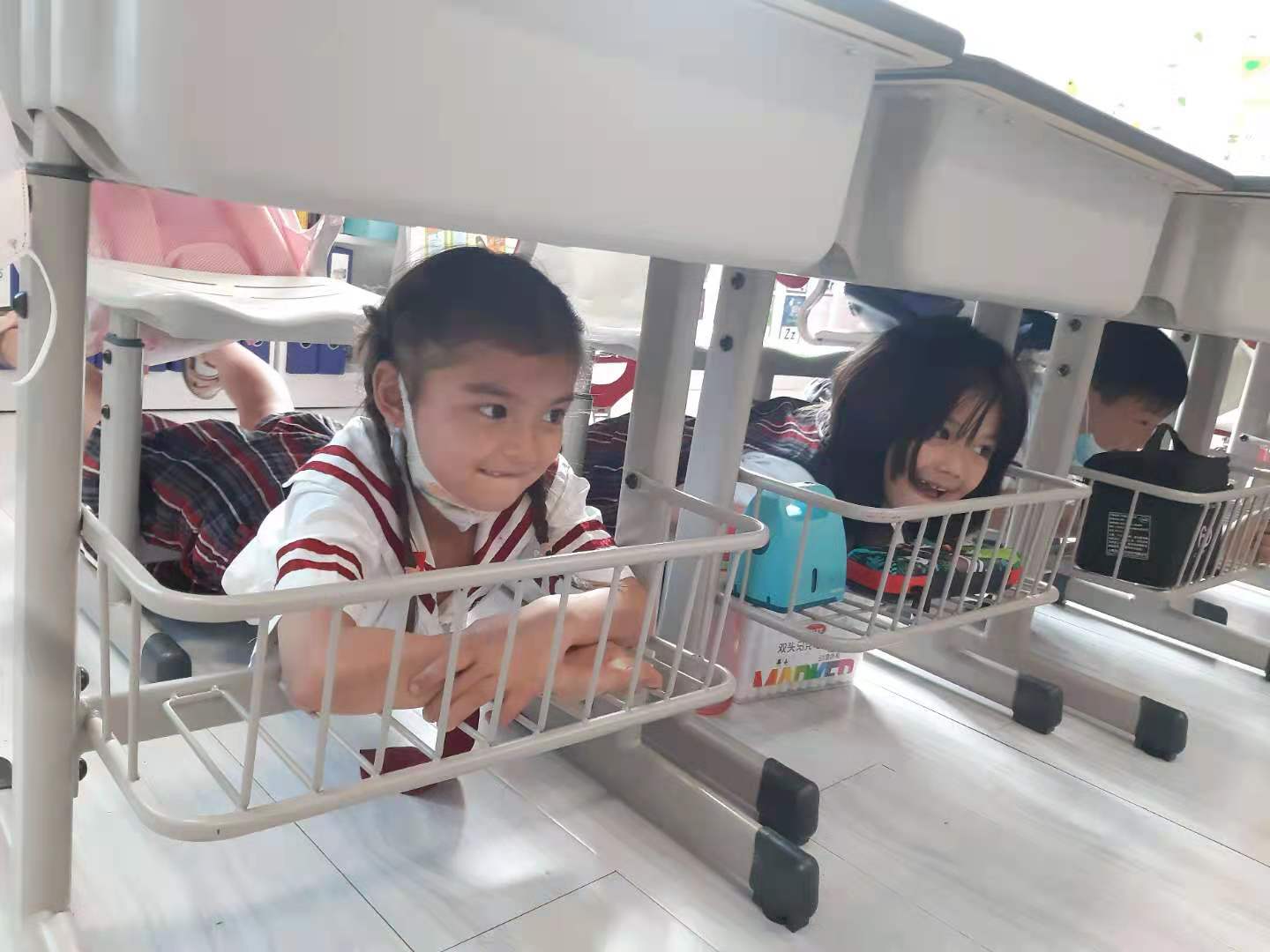
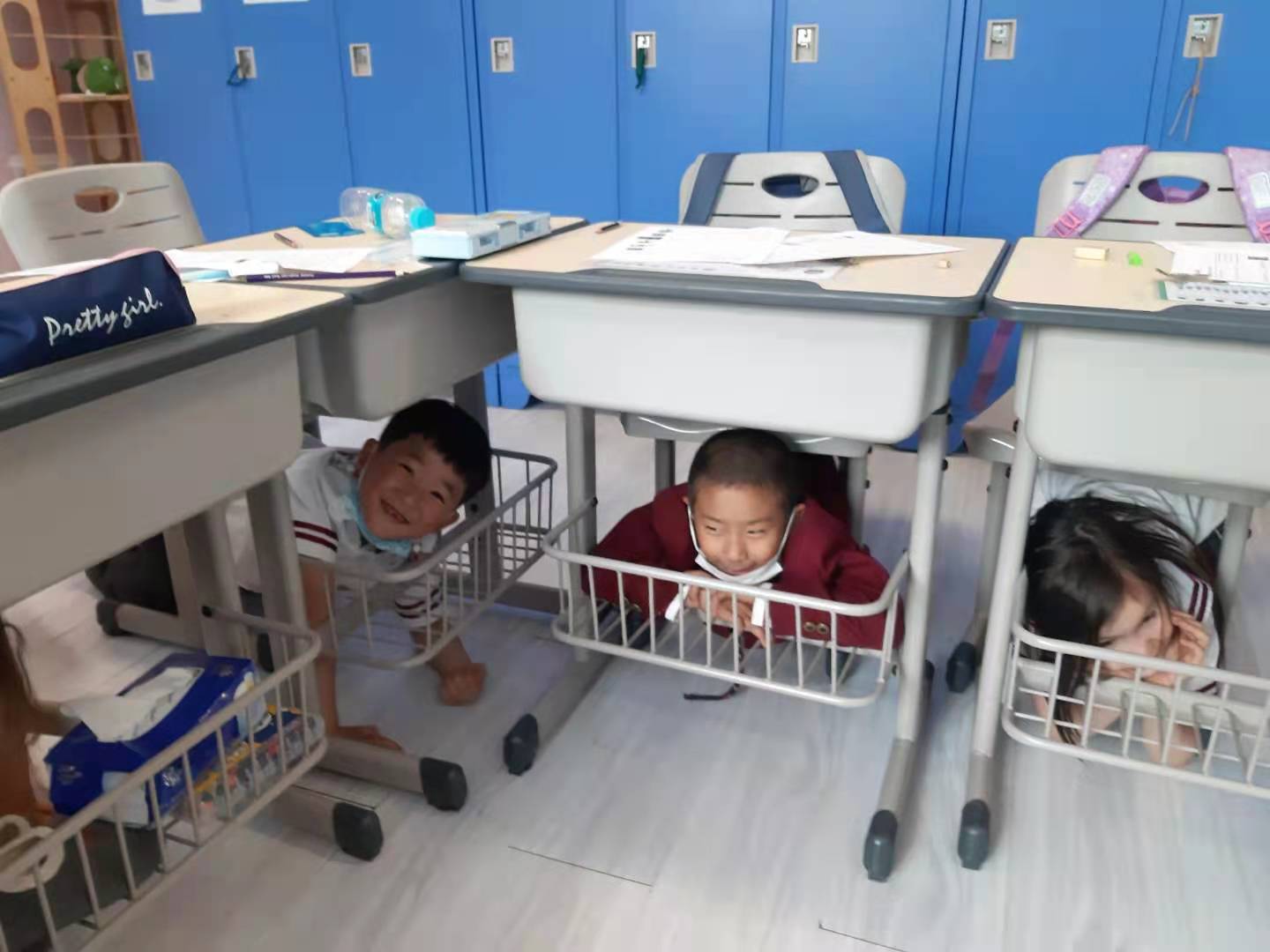
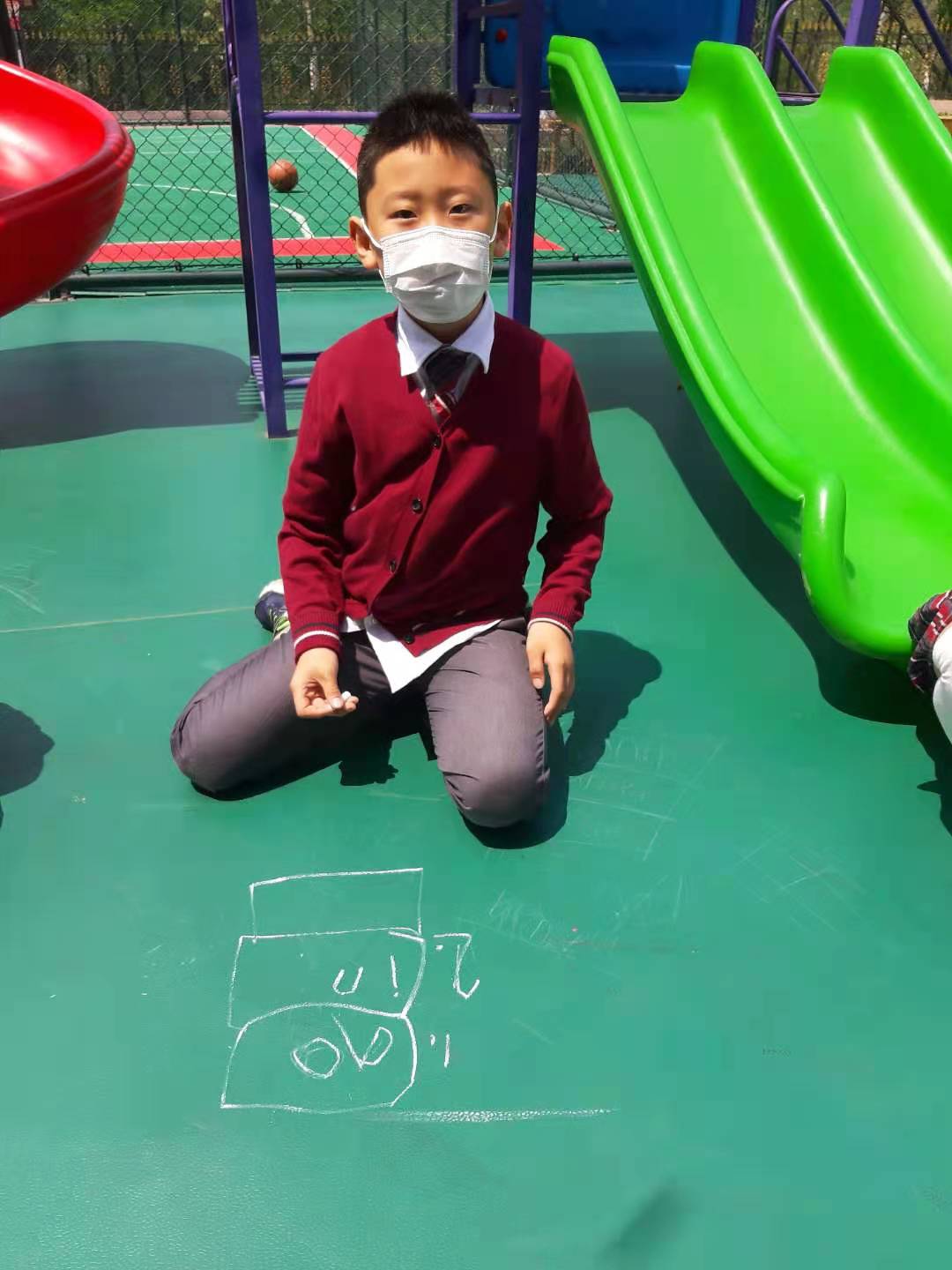
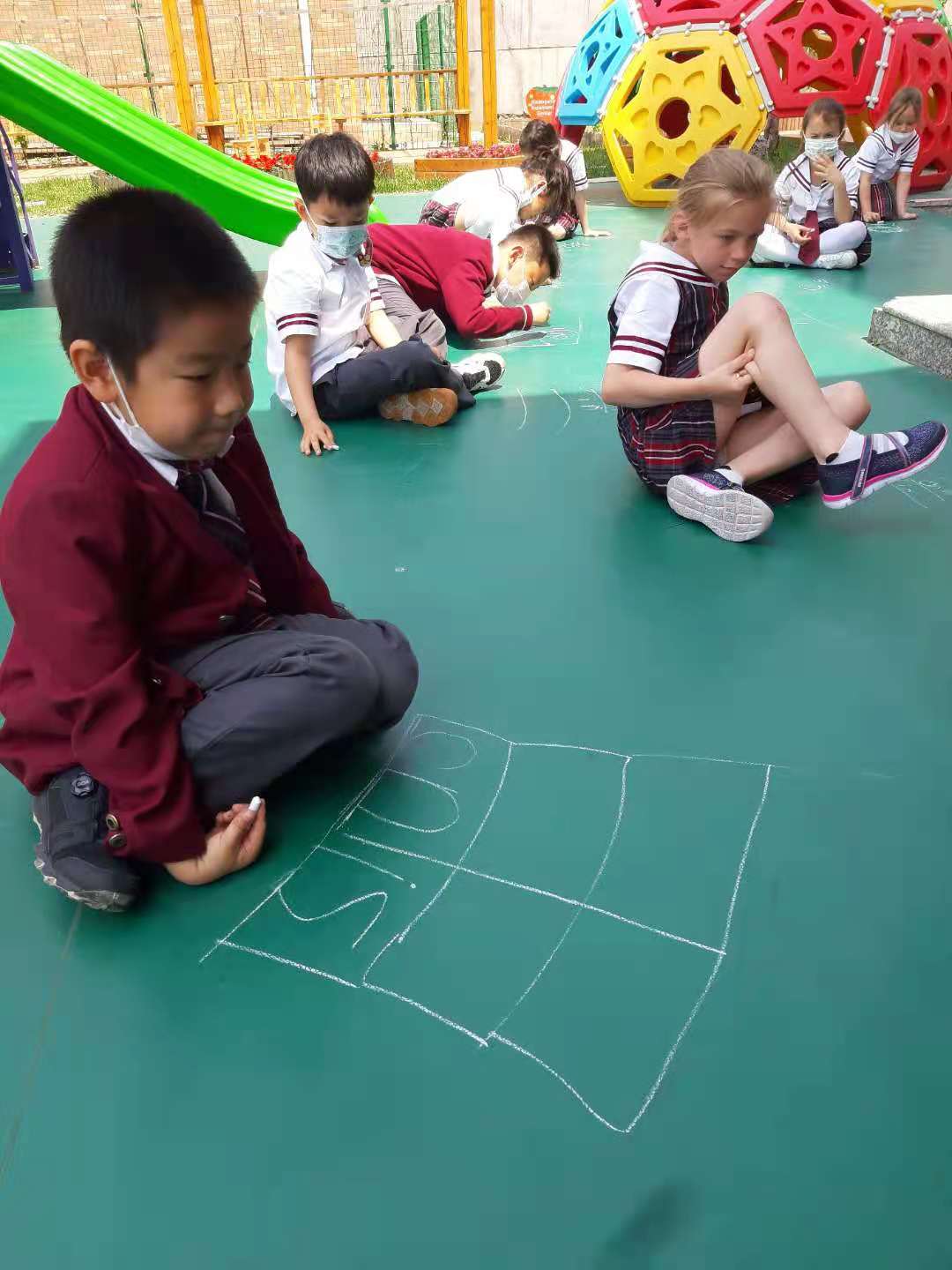
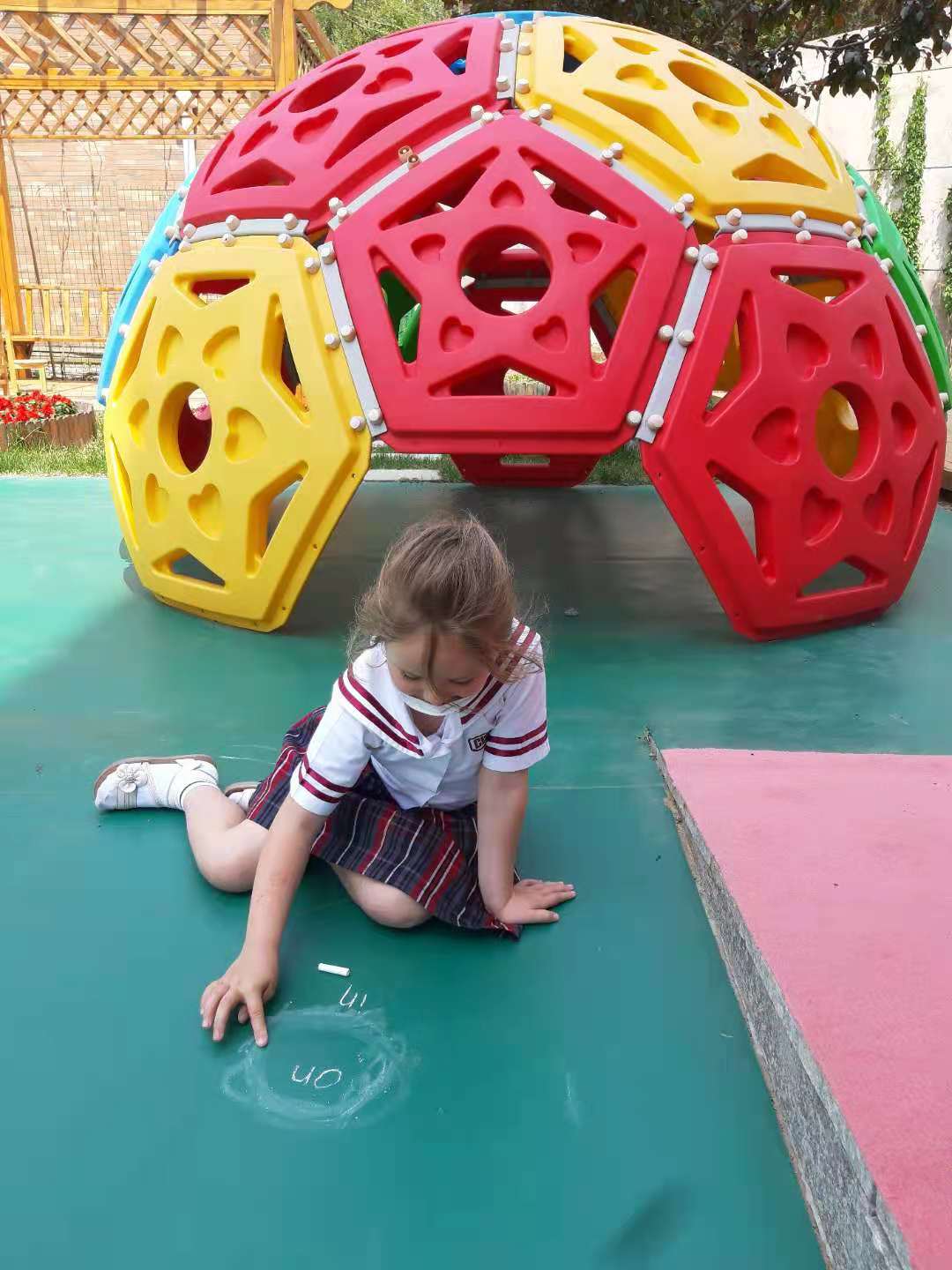
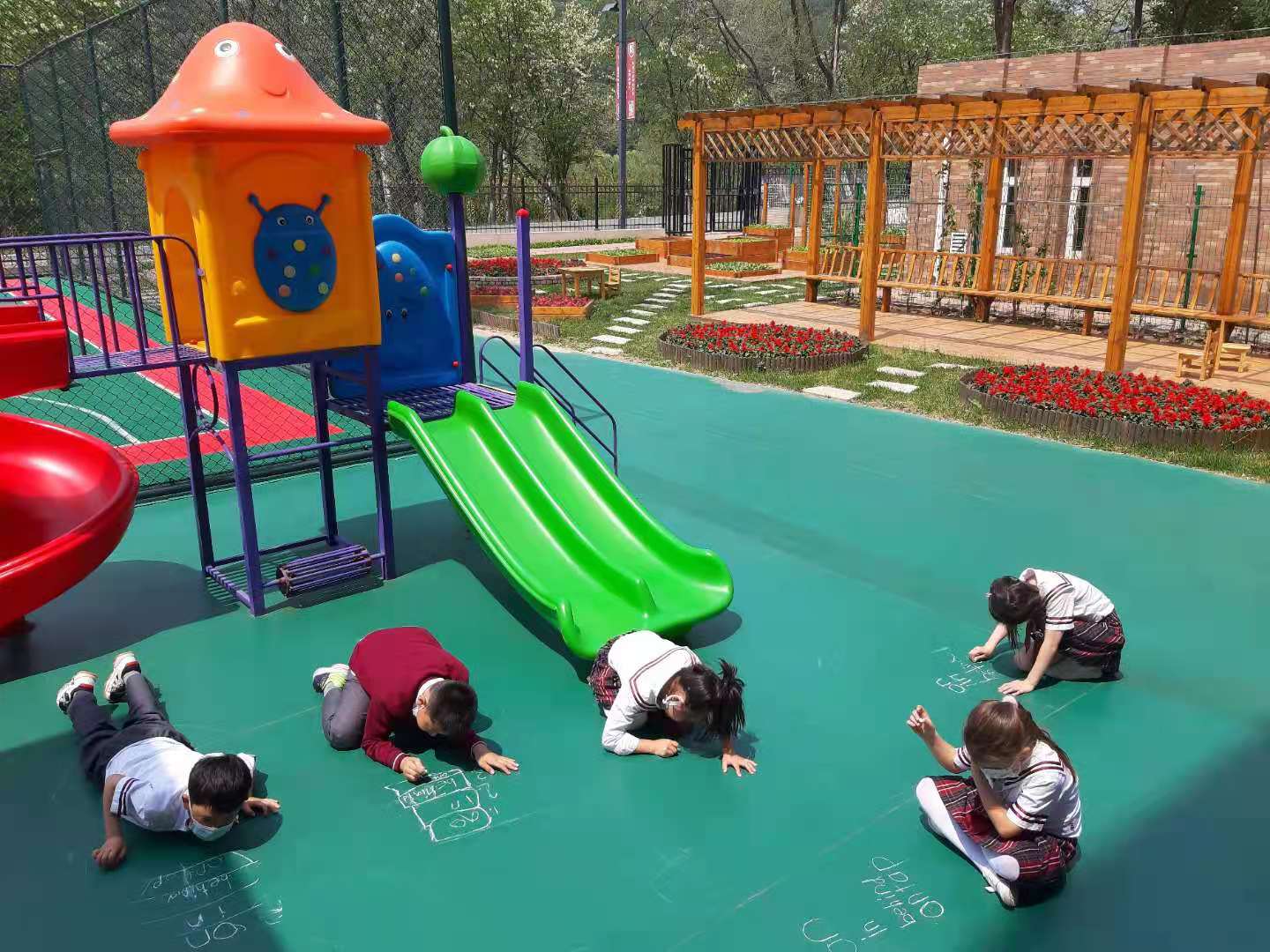
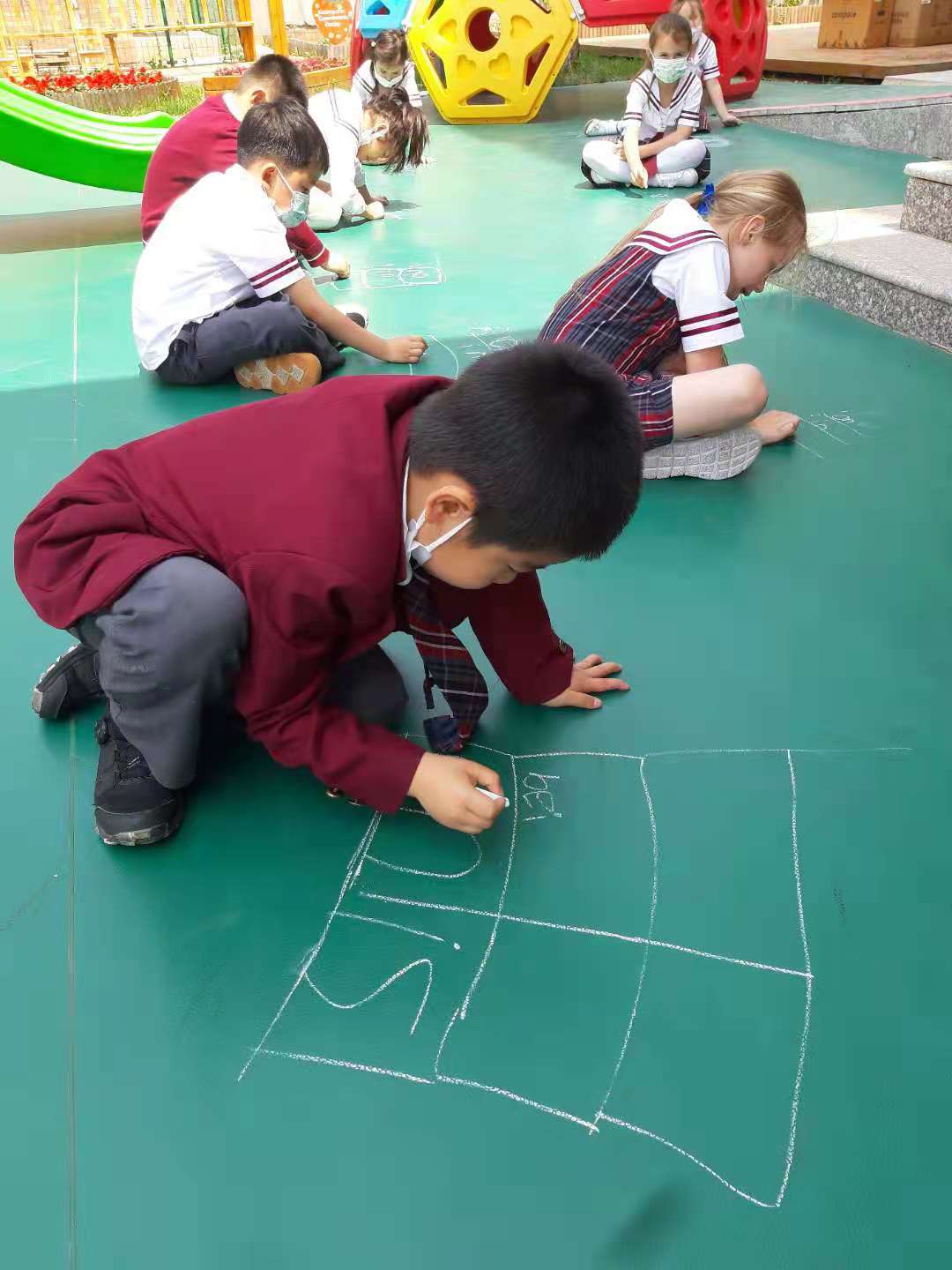
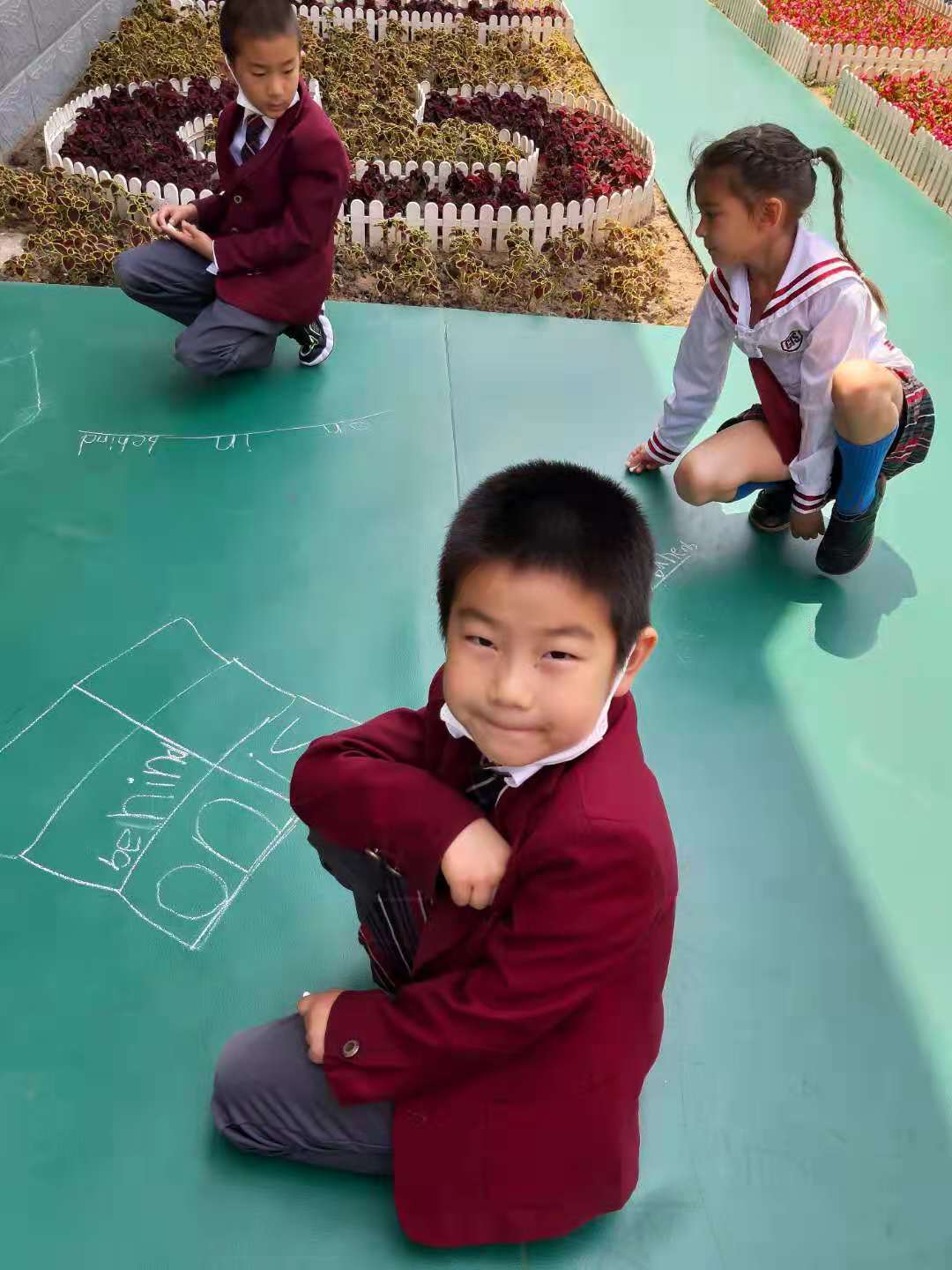
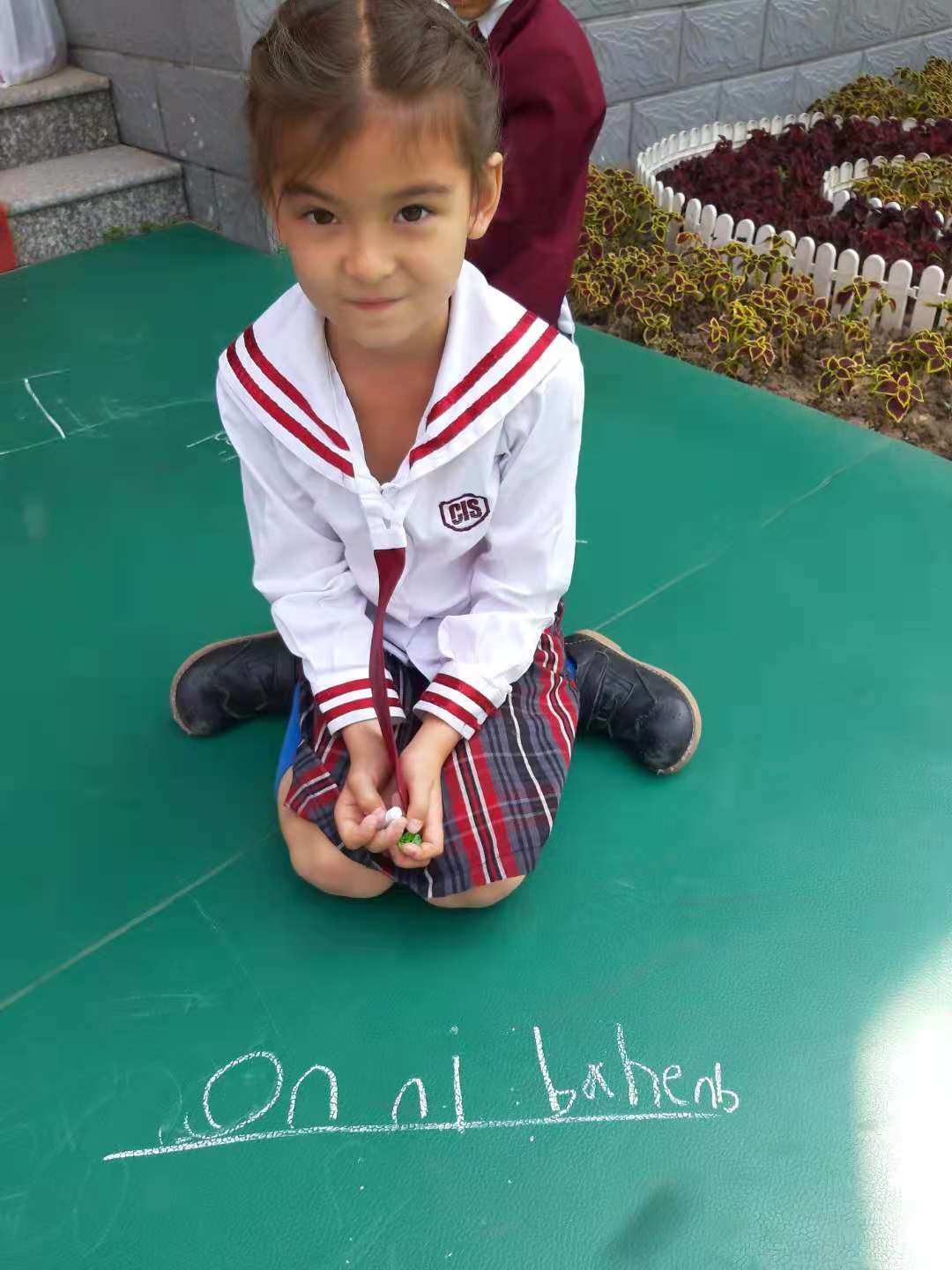
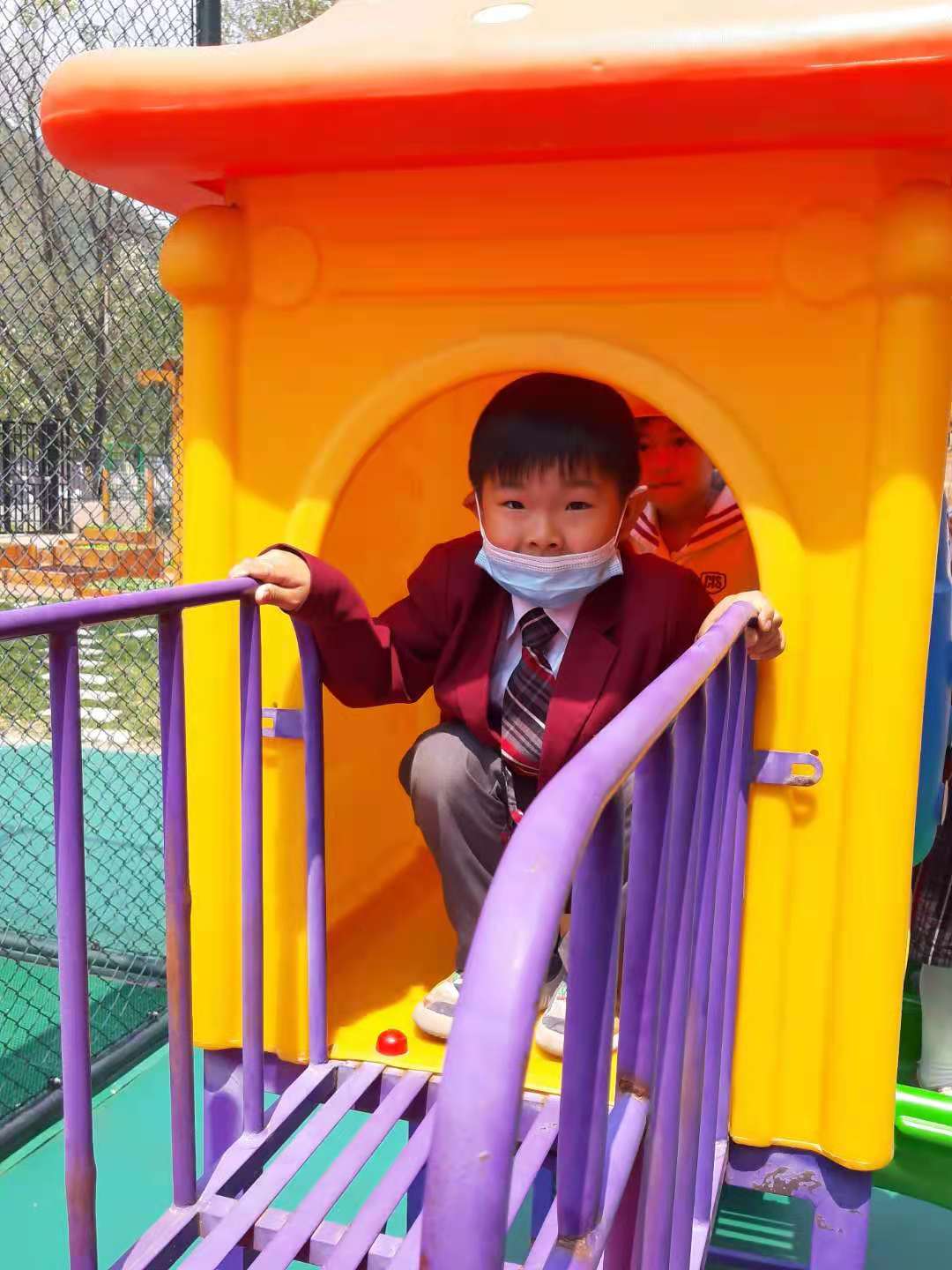
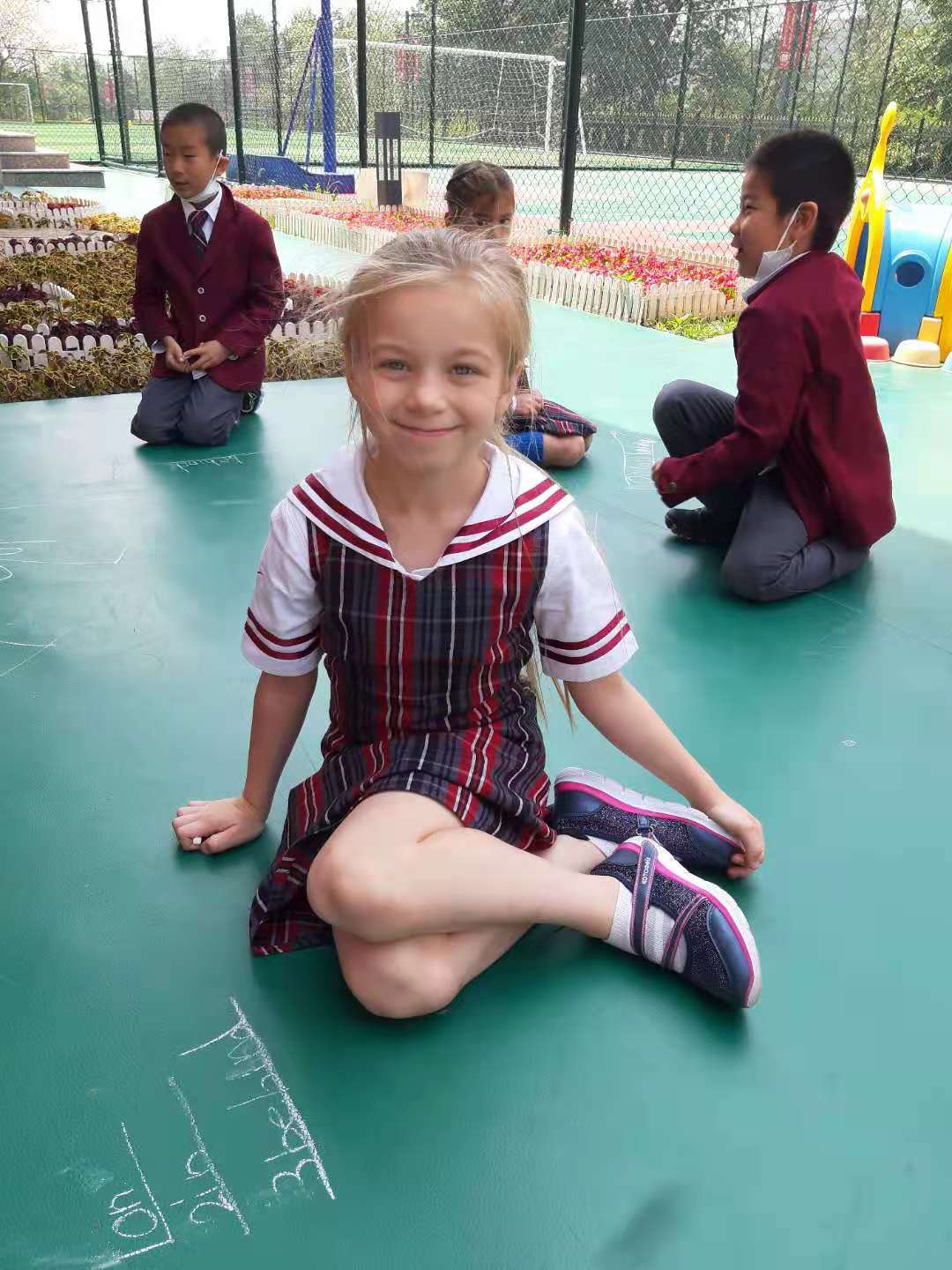
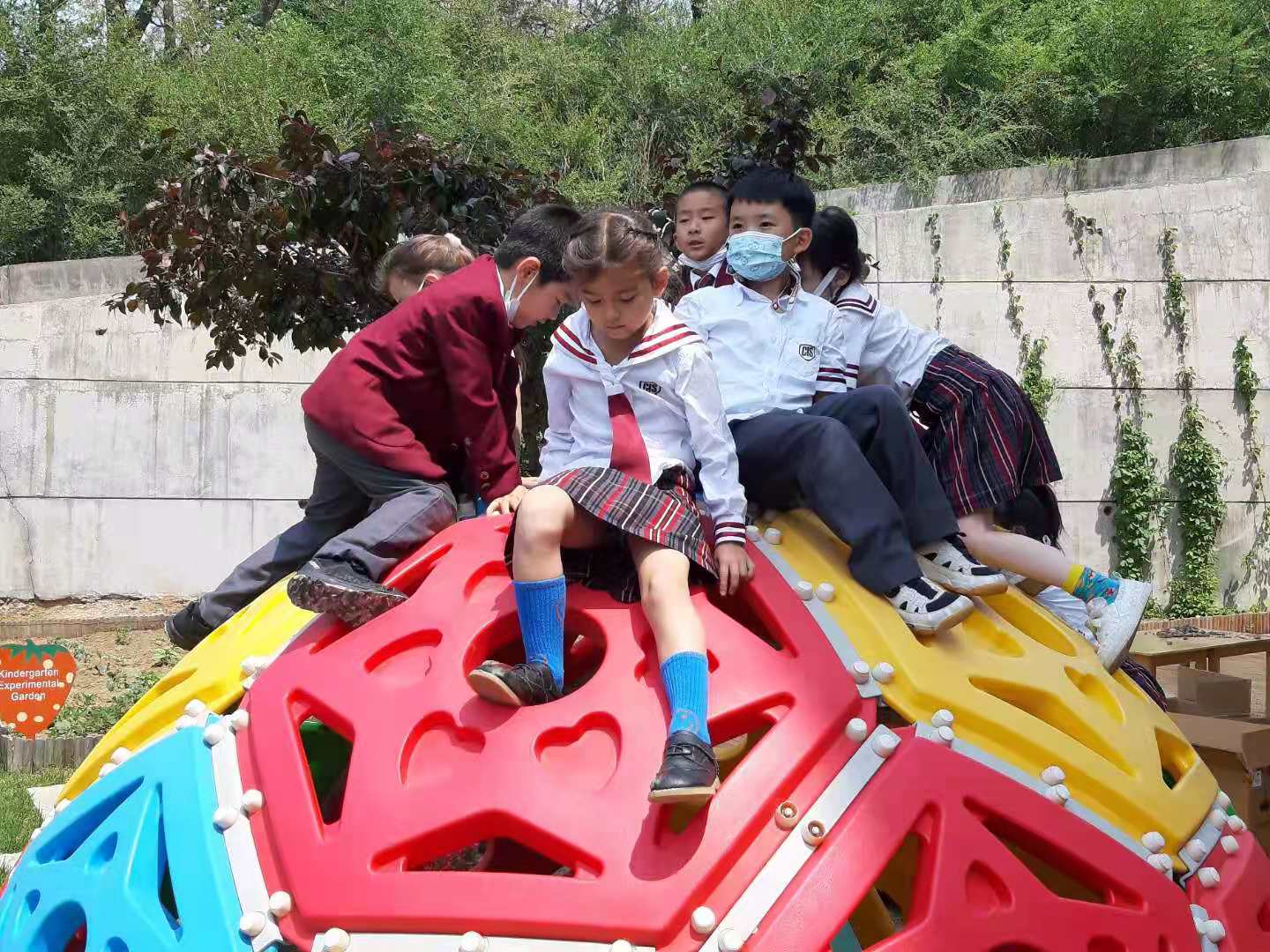
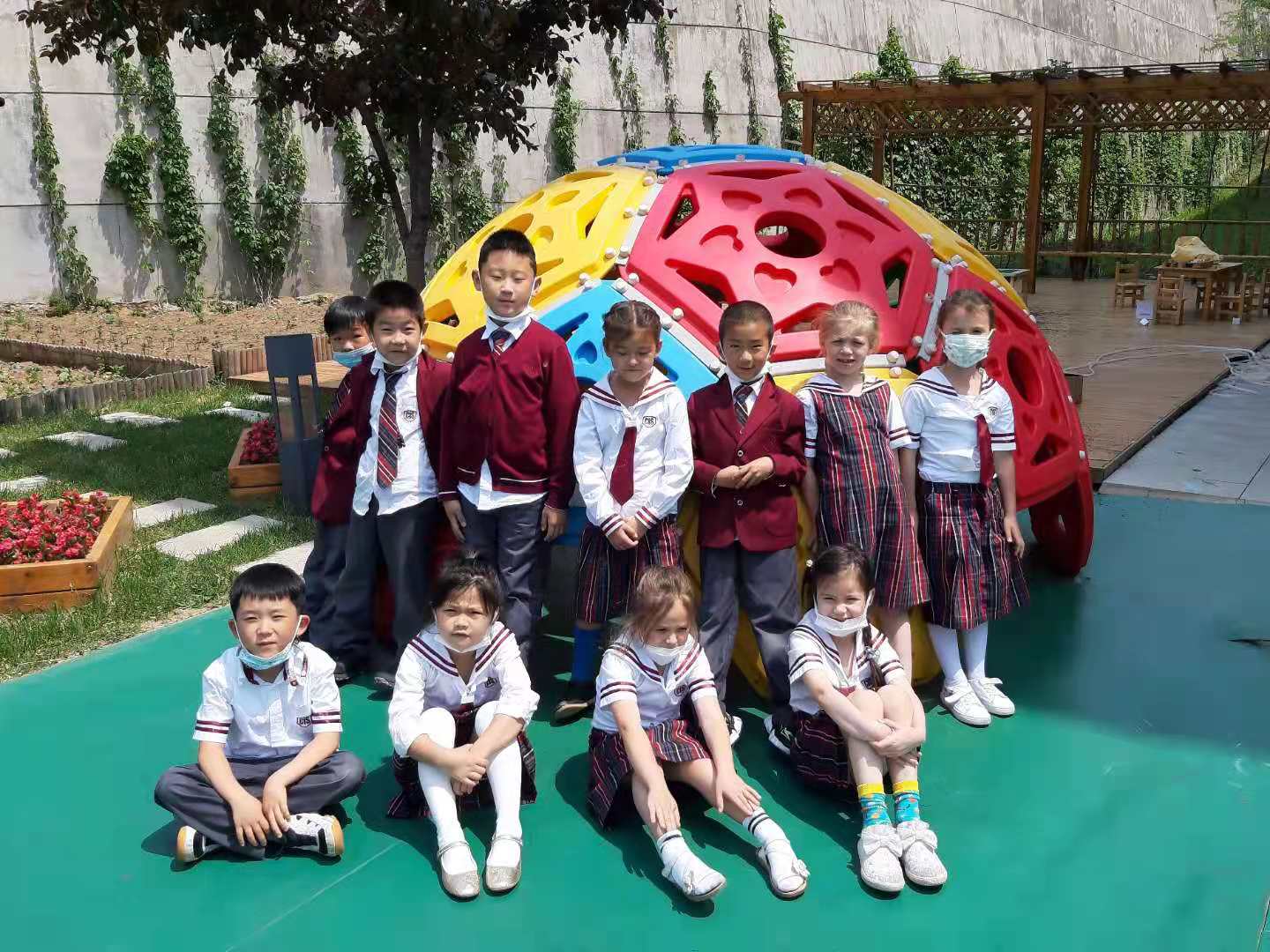
Under the Transdisciplinary Theme “How We Organize Ourselves”, the Grade 2s are learning about airports. After observing different perspectives in Google Earth, the Grade 2 students were asked to draw what they would see from the aeroplane pretending that the school was an airport. Each student drew different perspectives, which allowed for this IB key concept to be discussed amongst themselves.
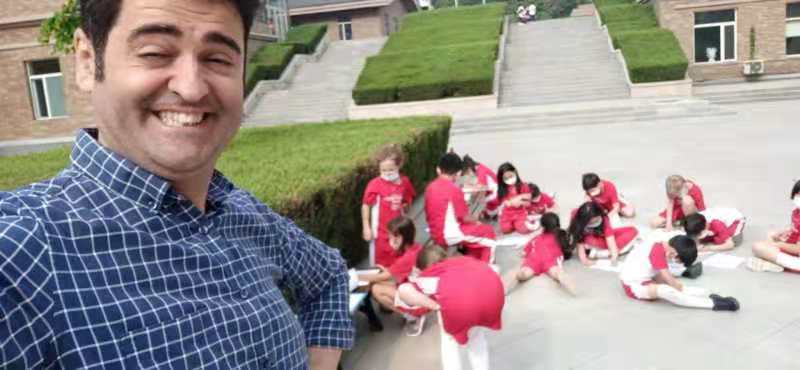
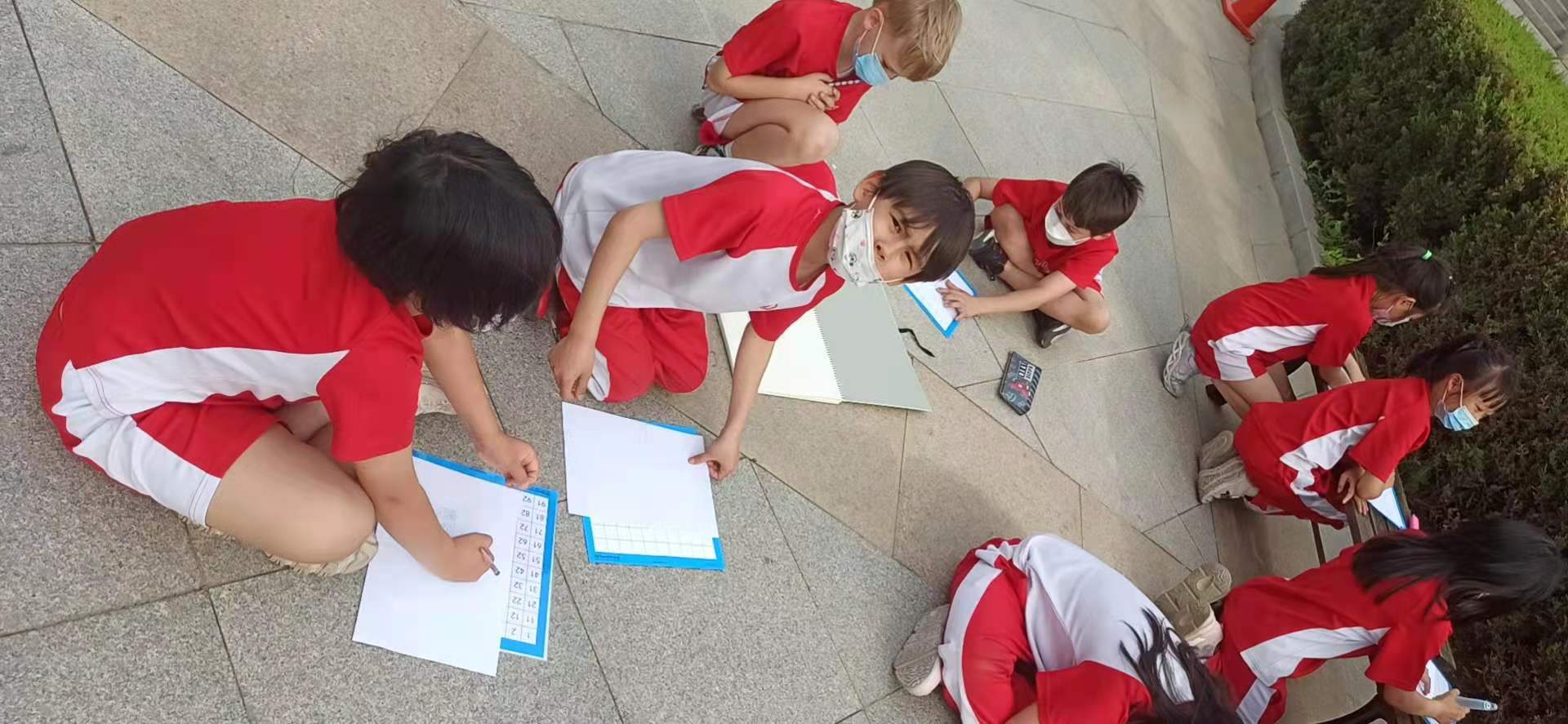
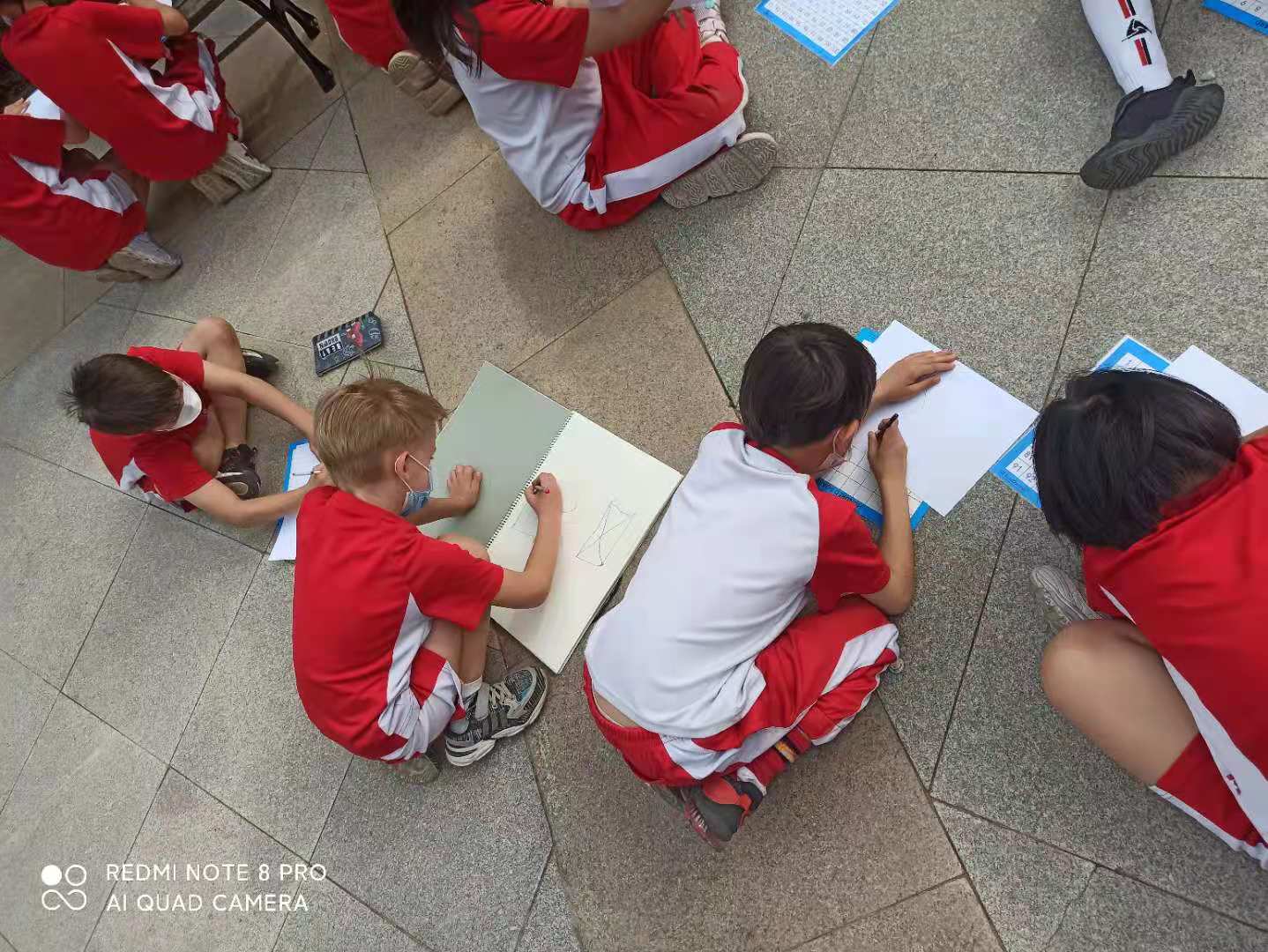
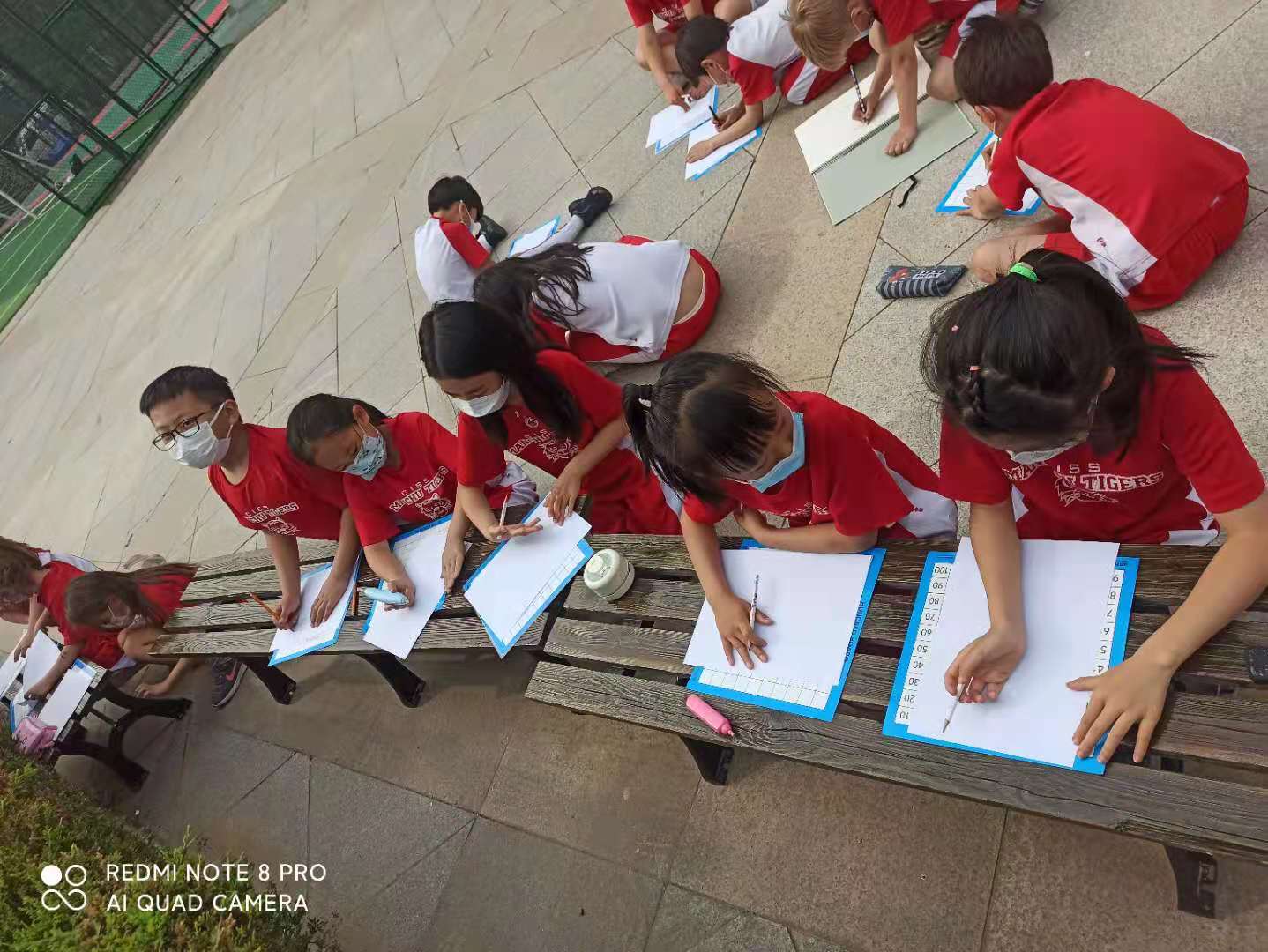
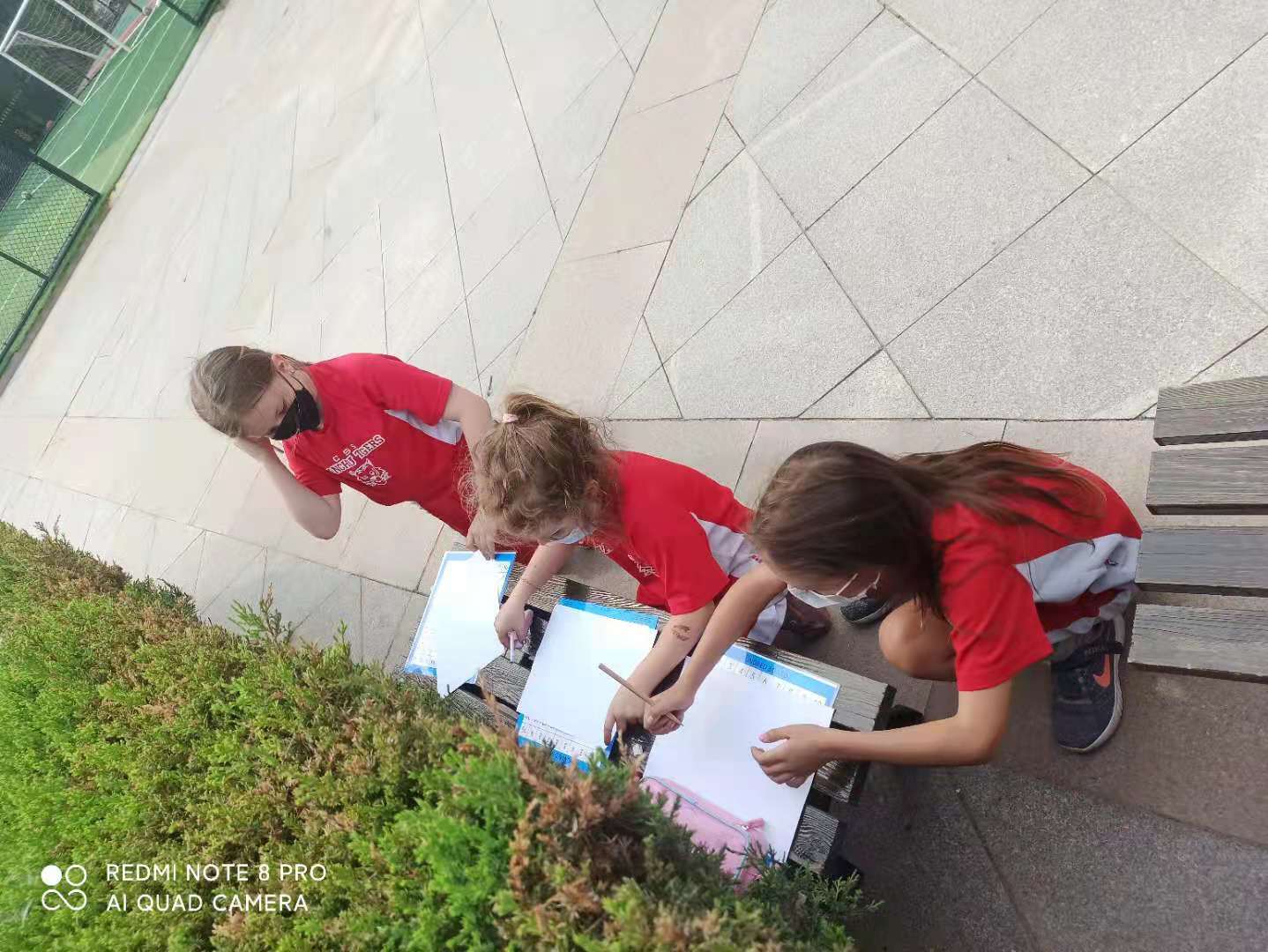
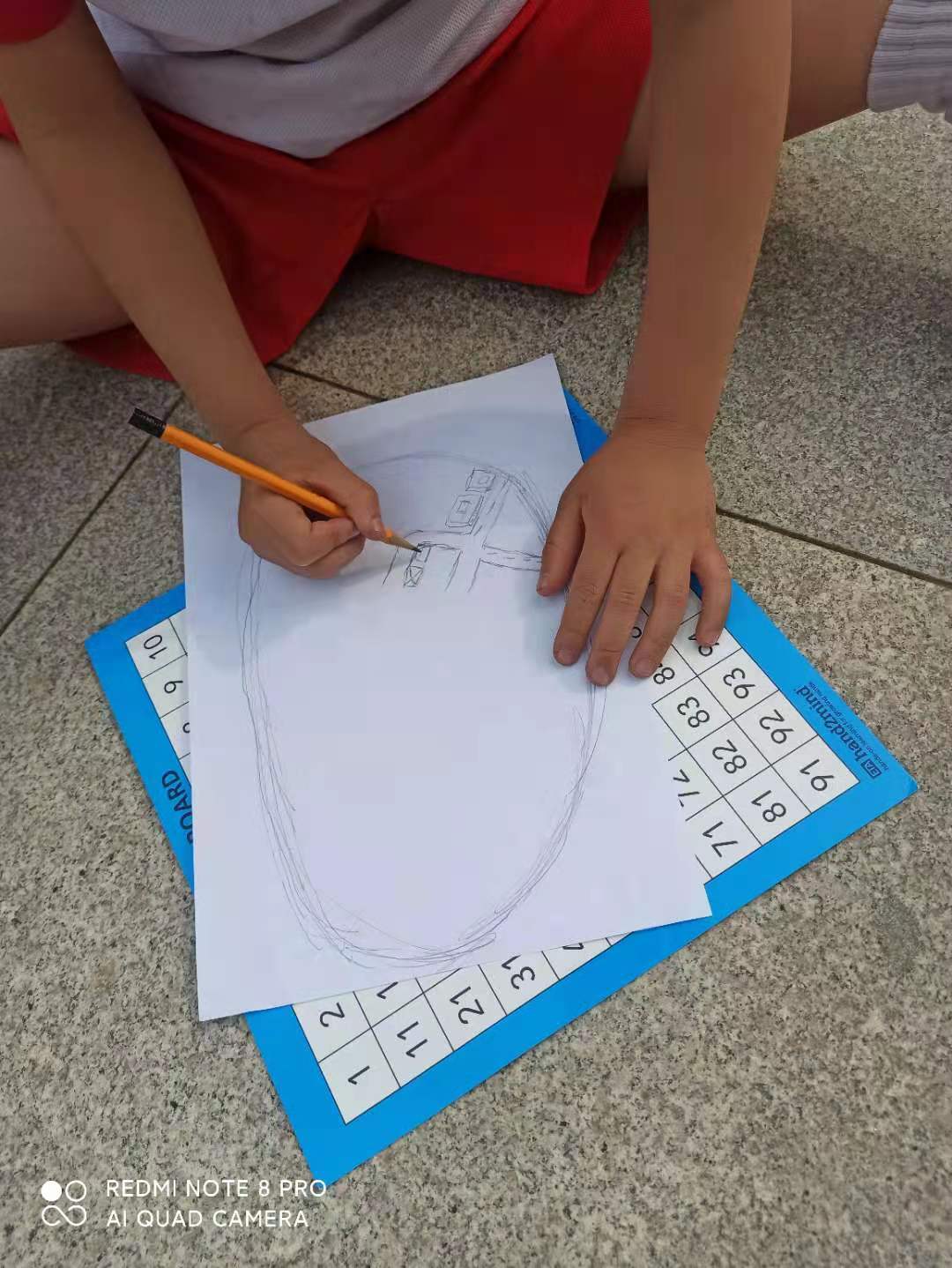
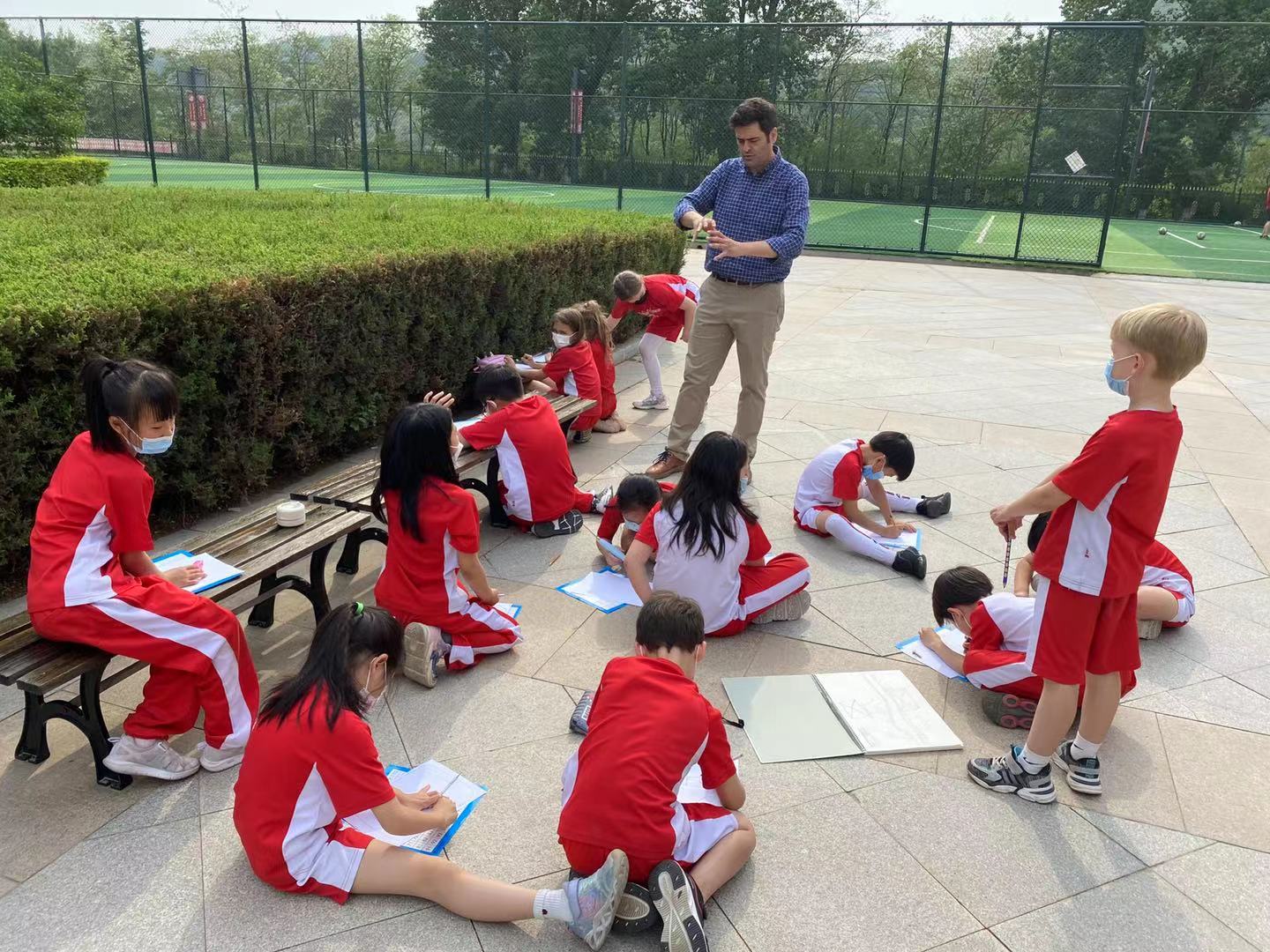
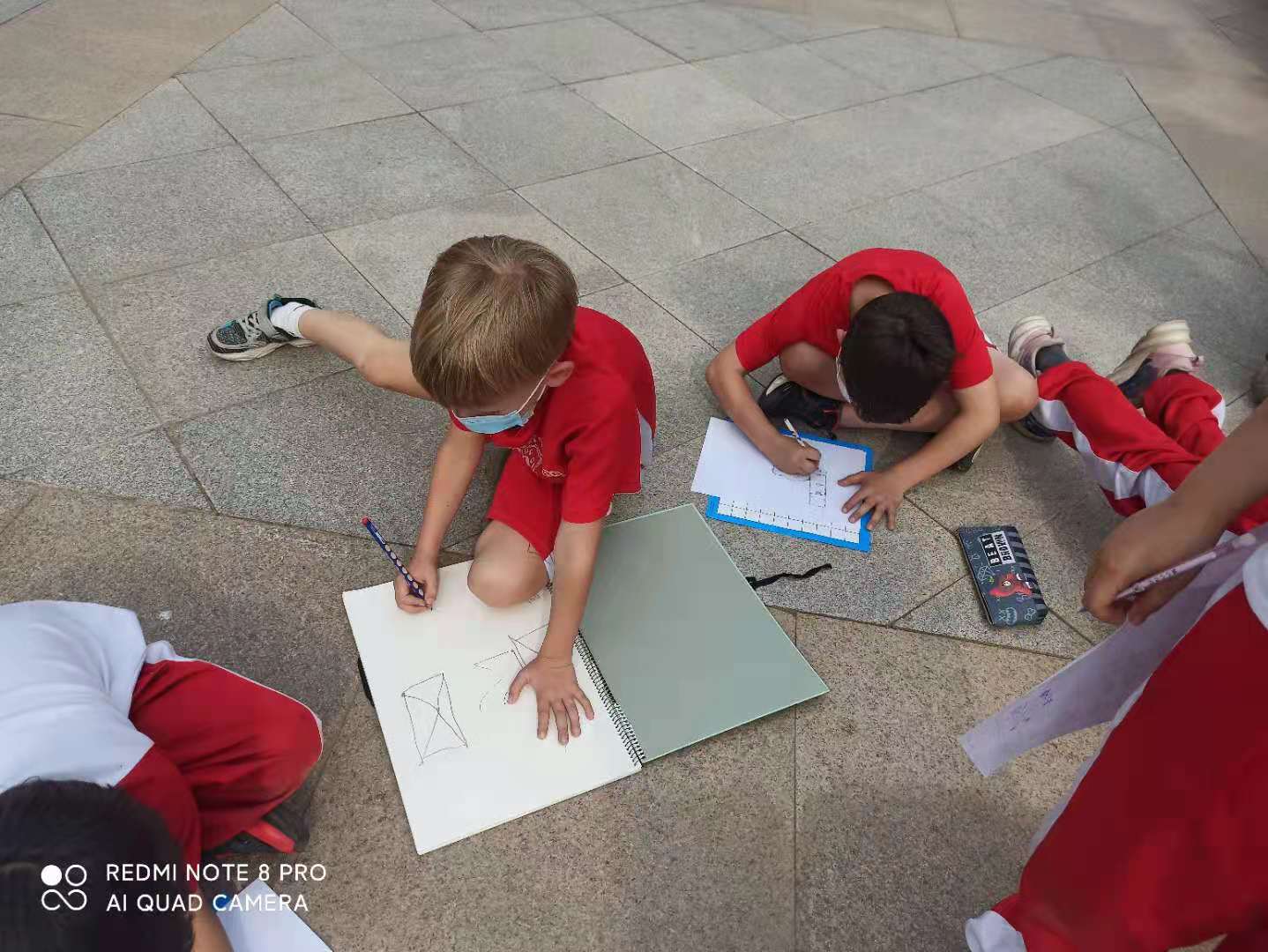
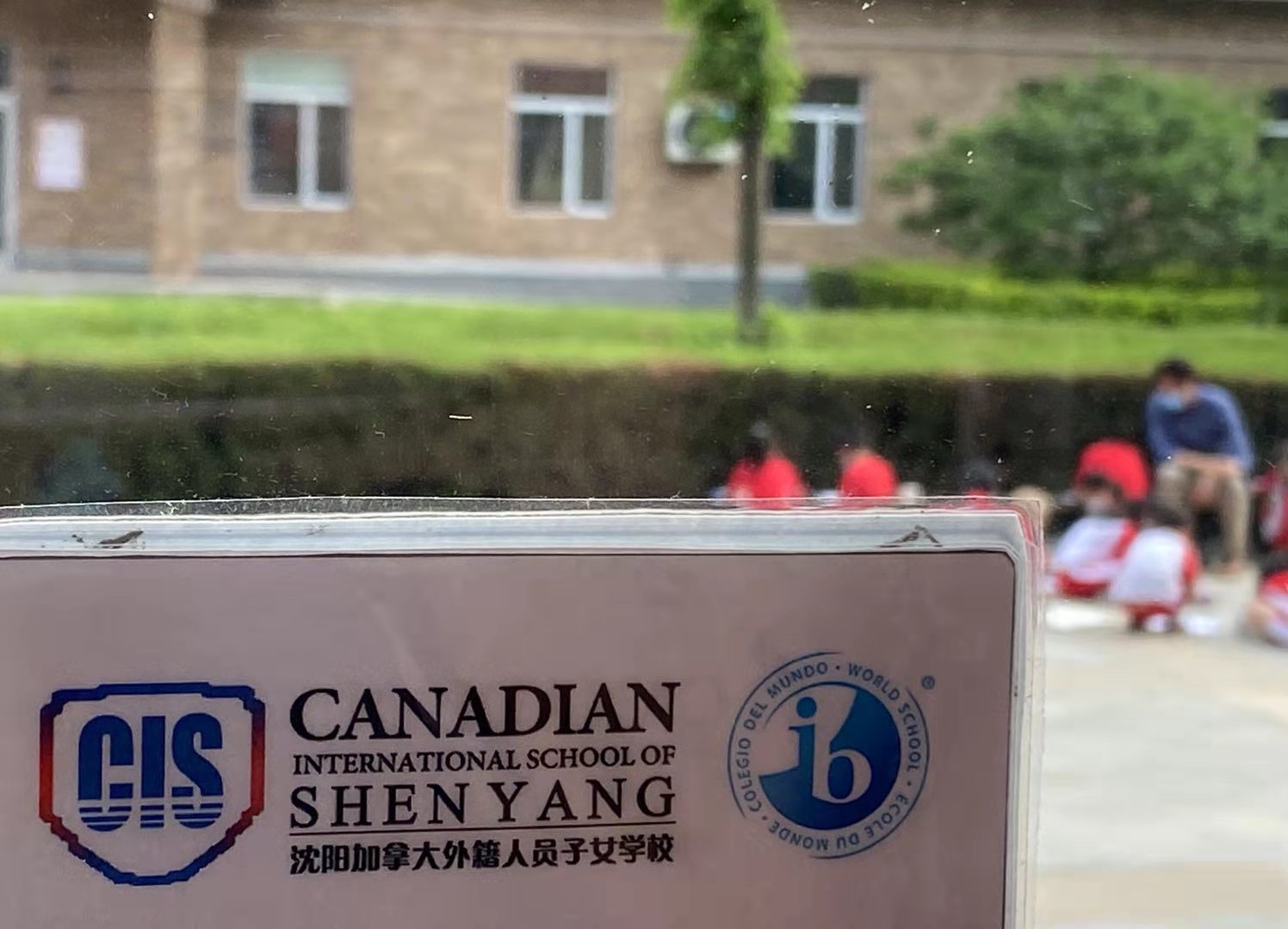
The Grade 3 class linked their outdoor play/learning activity with their theme of water and how other substances can desolve in water. They mixed their own bubble solution during class time. They followed a recipe and with it came capacity measurement and comparison (1 tablespoon = 3 teaspoons: 1 cup = 250ml, 1l = 1000ml and therefore 4 cups = 1l). Students had to make their own bubble blowers with provided materials (straws, pipe cleaners and string). The challenge then was to see if the solution was strong enough to blow very big bubbles.
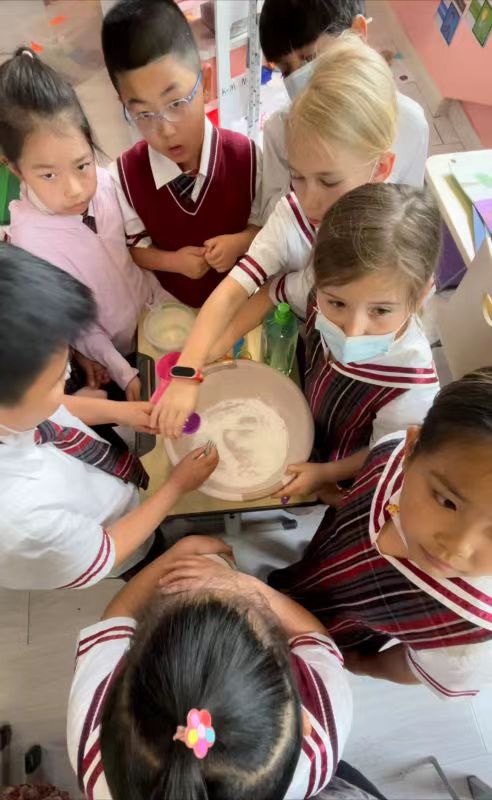
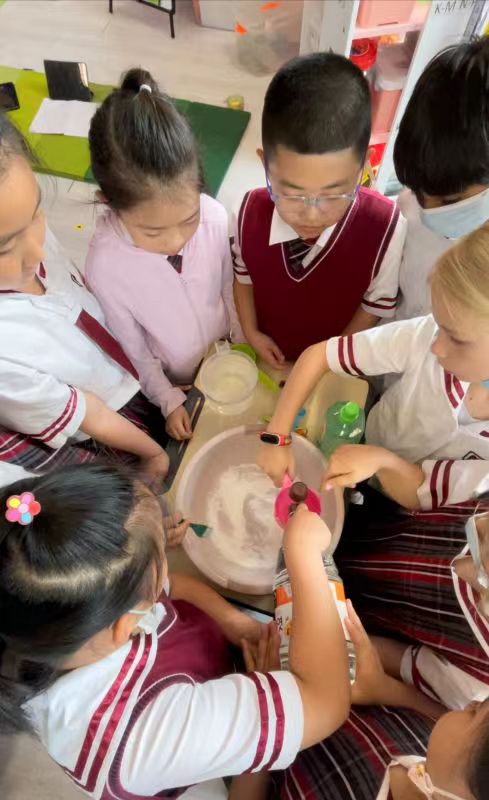
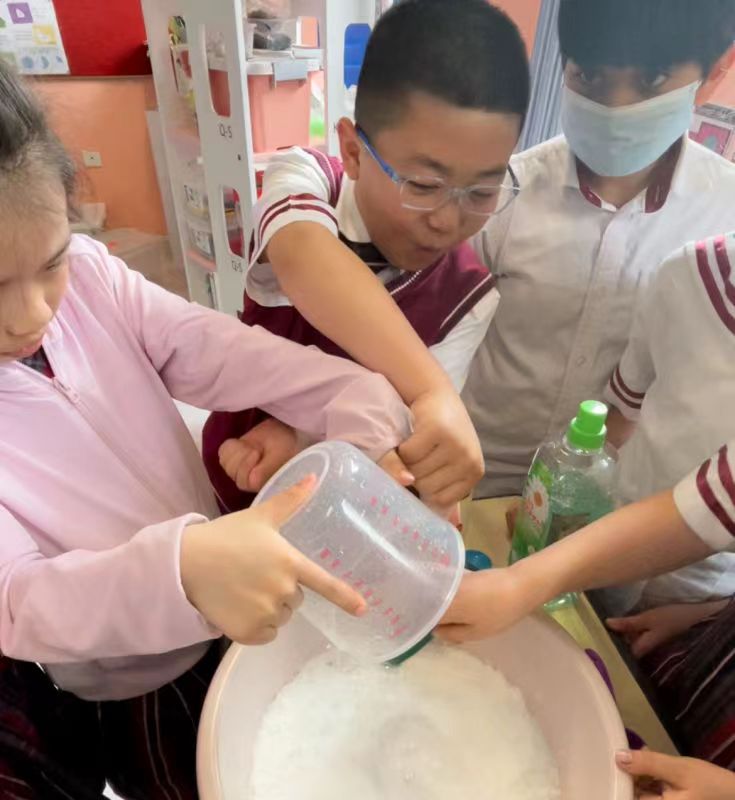
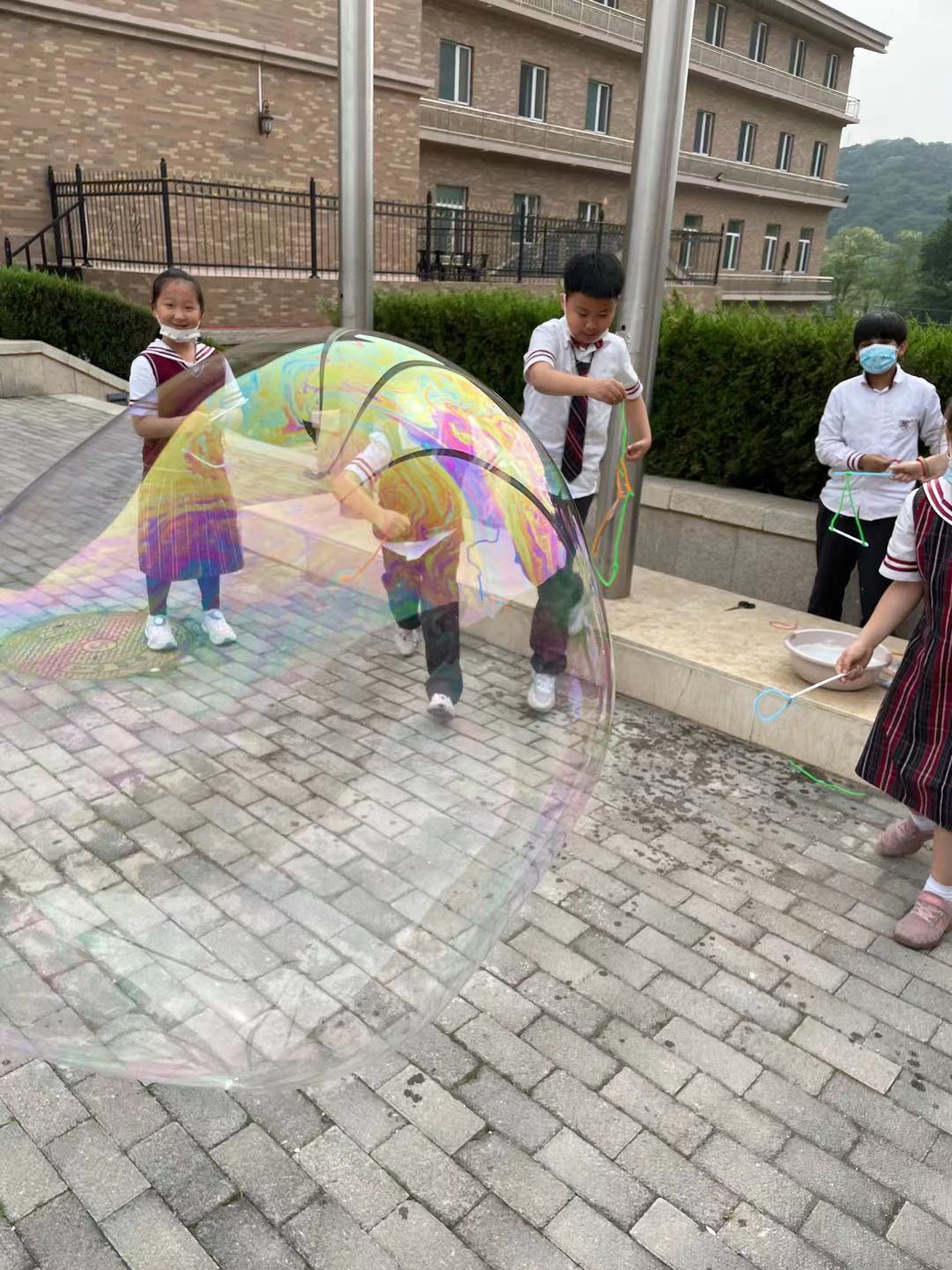
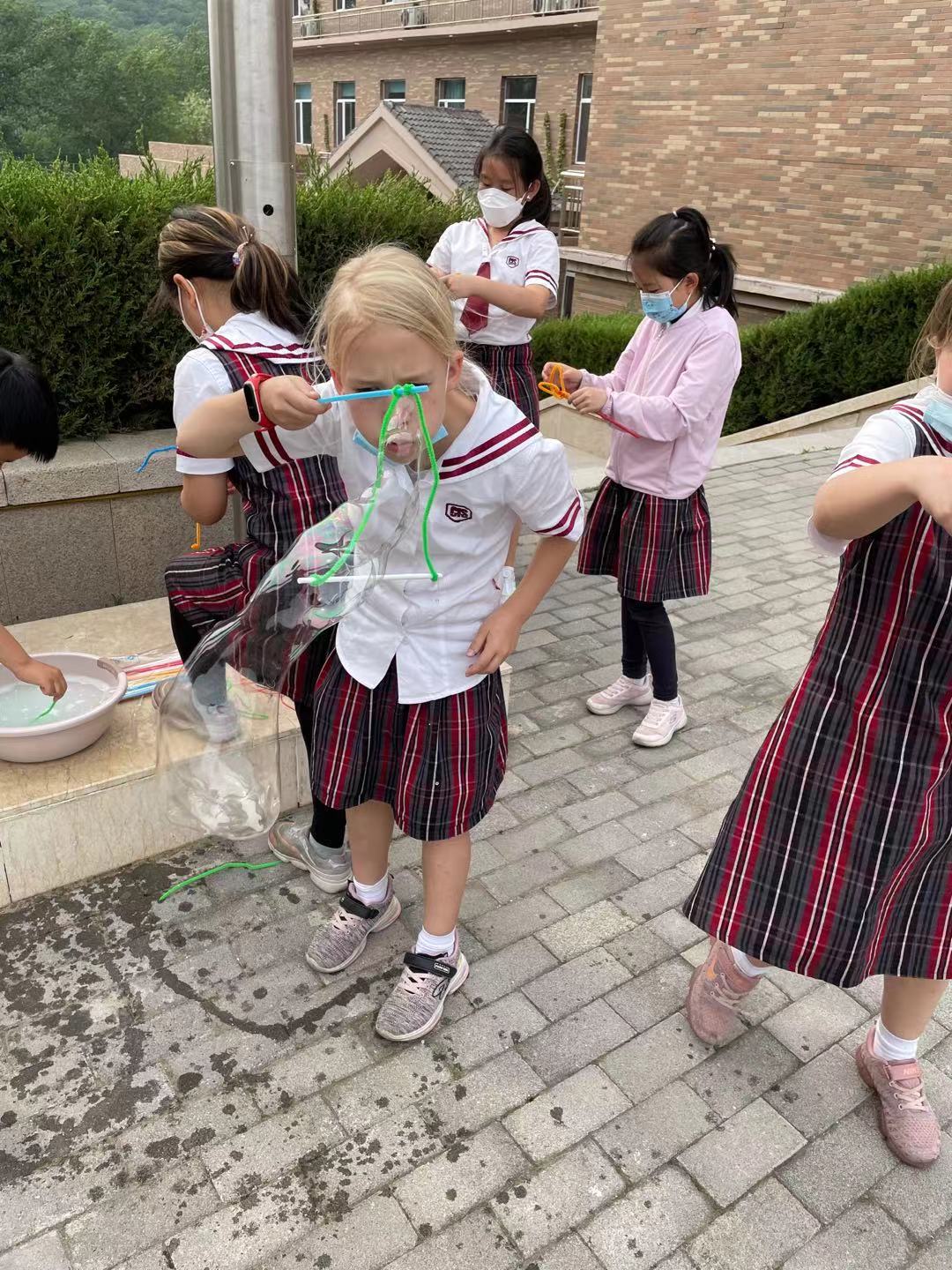
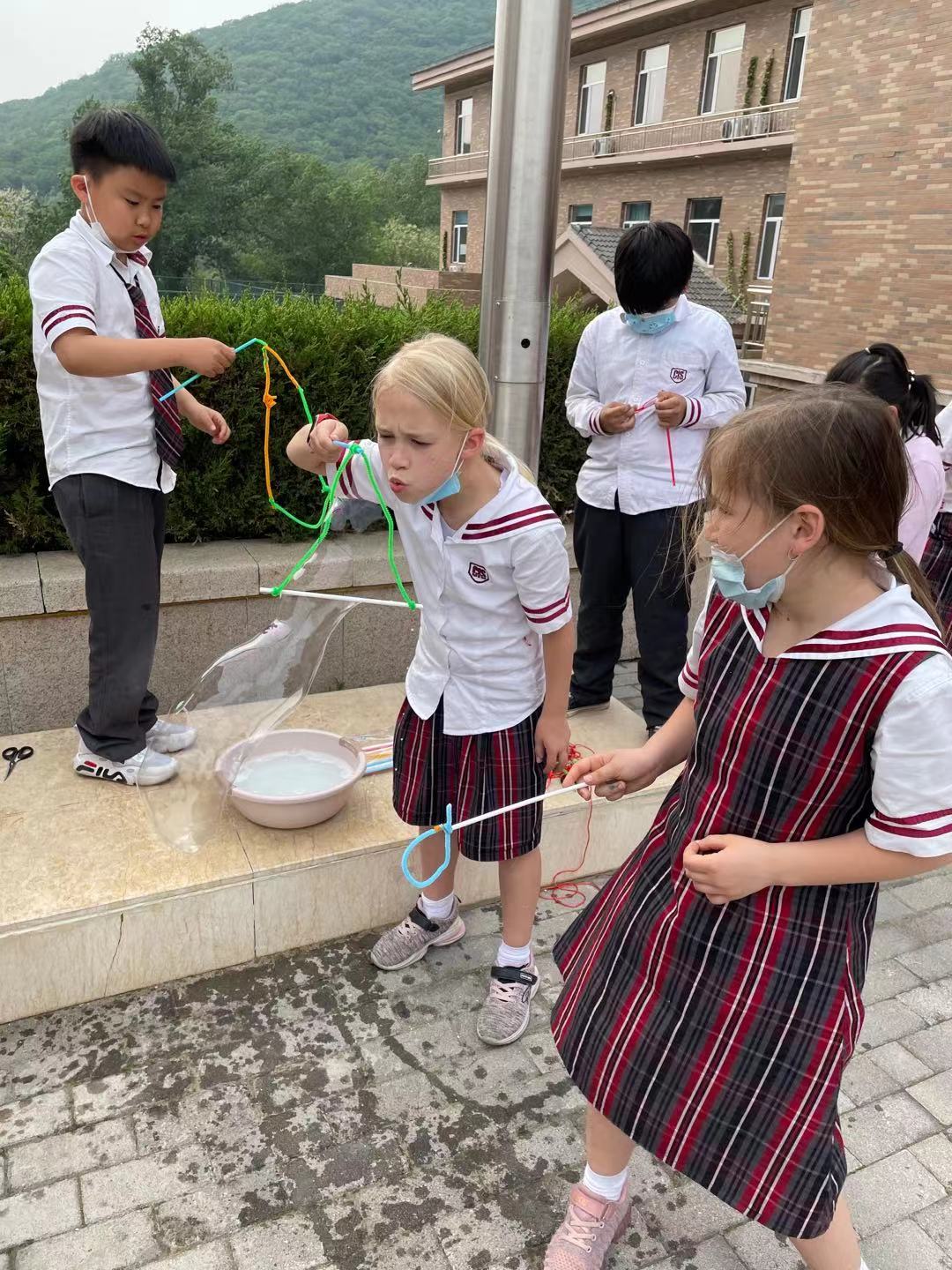
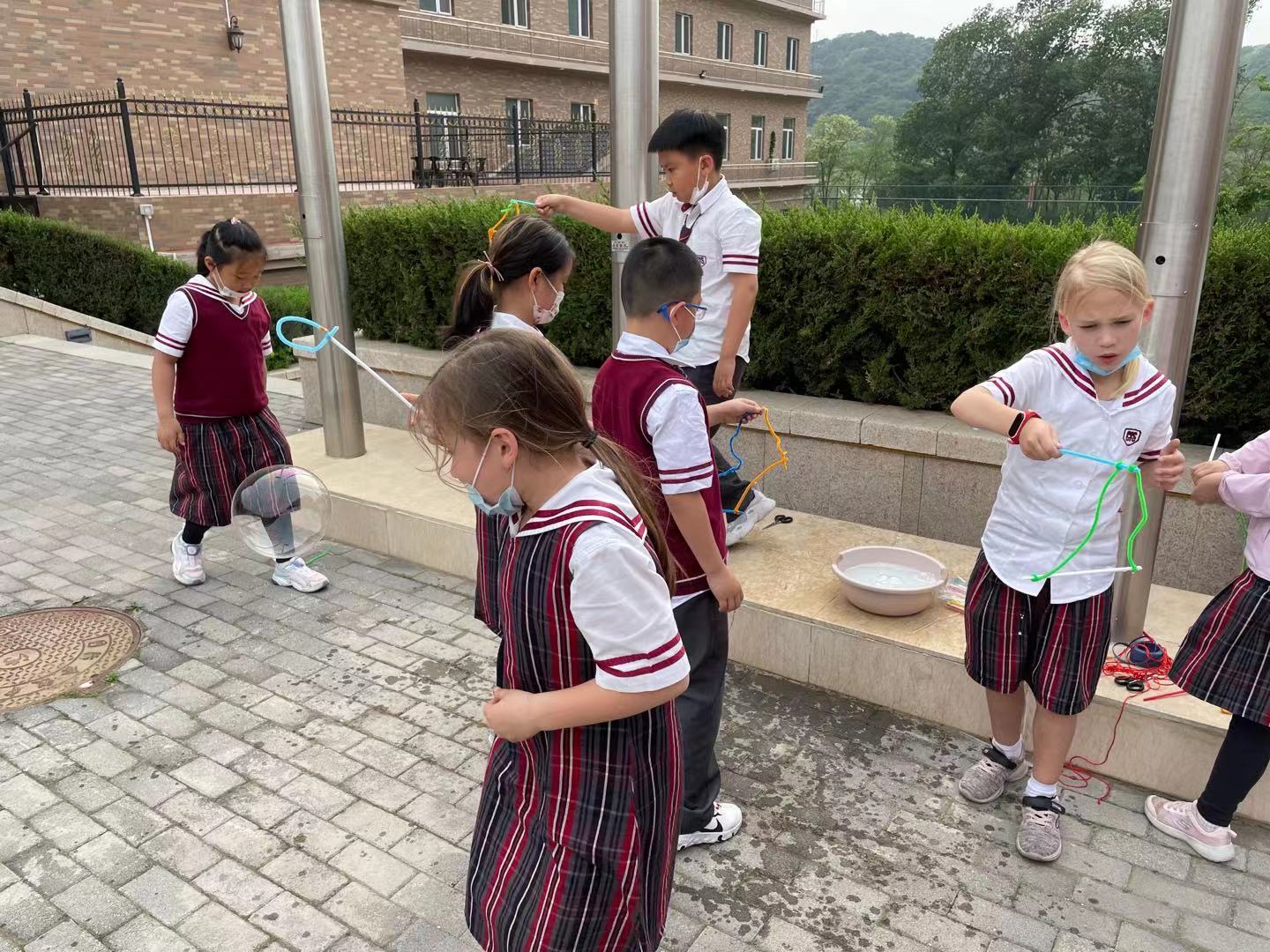
Grade 4 are looking at ancient Greek civilisation for their Unit of Inquiry. As part of their outdoor classroom activity, the students learnt to play a game that children of their age would have played around 2500 years ago.
The students were put into the two teams of Athens and Sparta. One by one they took turns to try and hit one of five stones in a circle and knock a stone out. The Athenians won the game by knocking the most stones out of the circle.
They students learnt that they can use what they have in the environment around them and have fun.
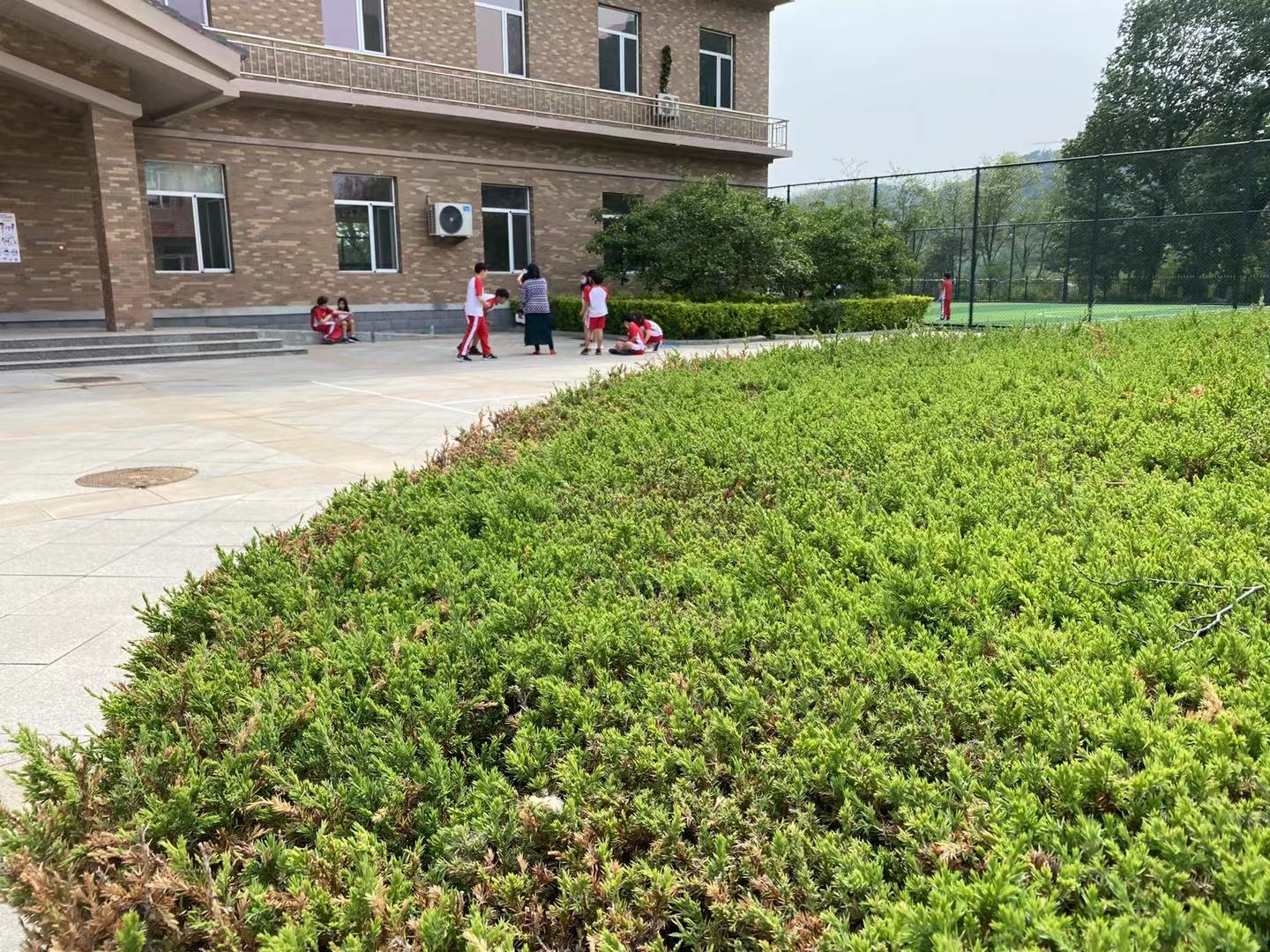
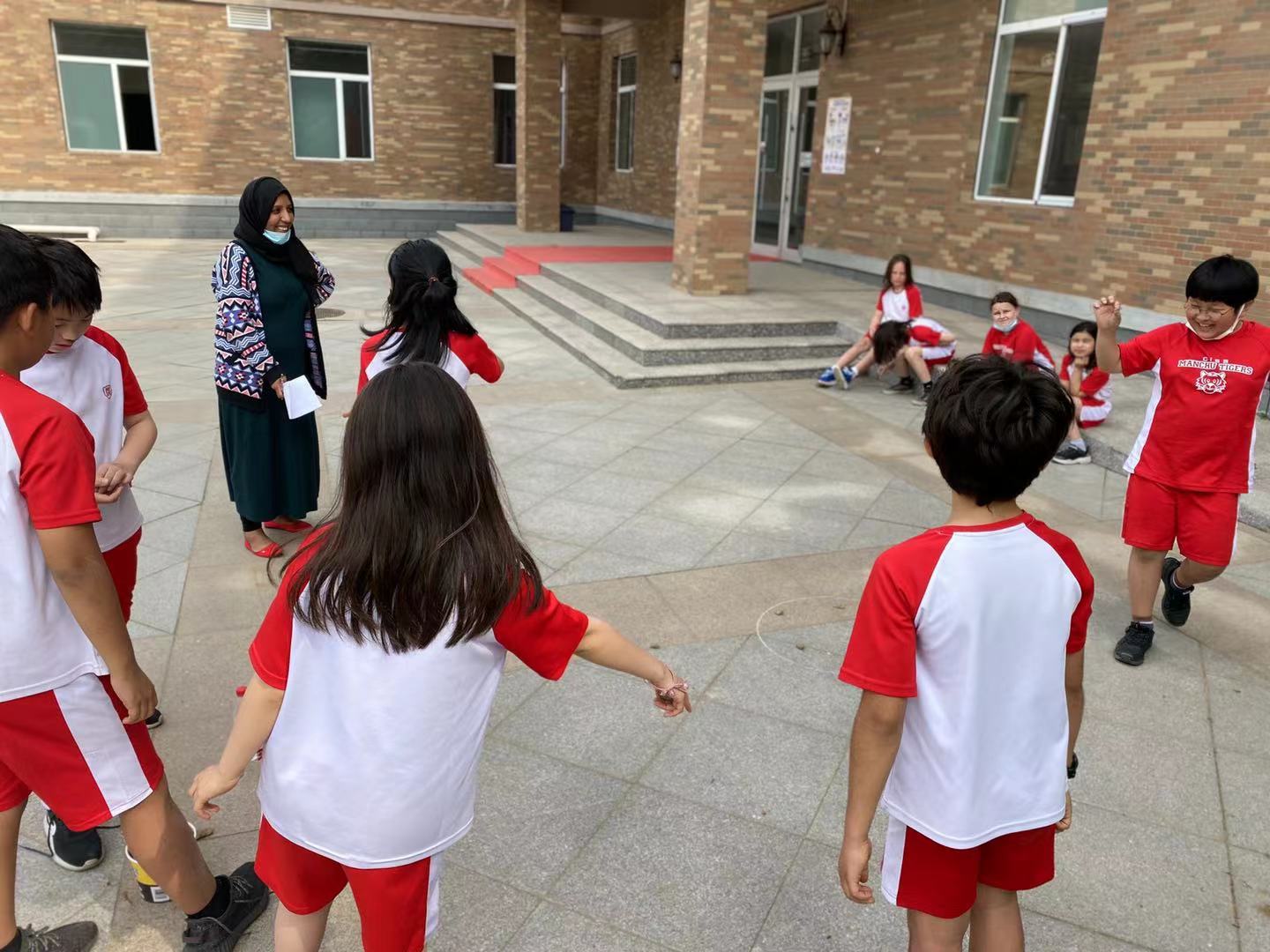
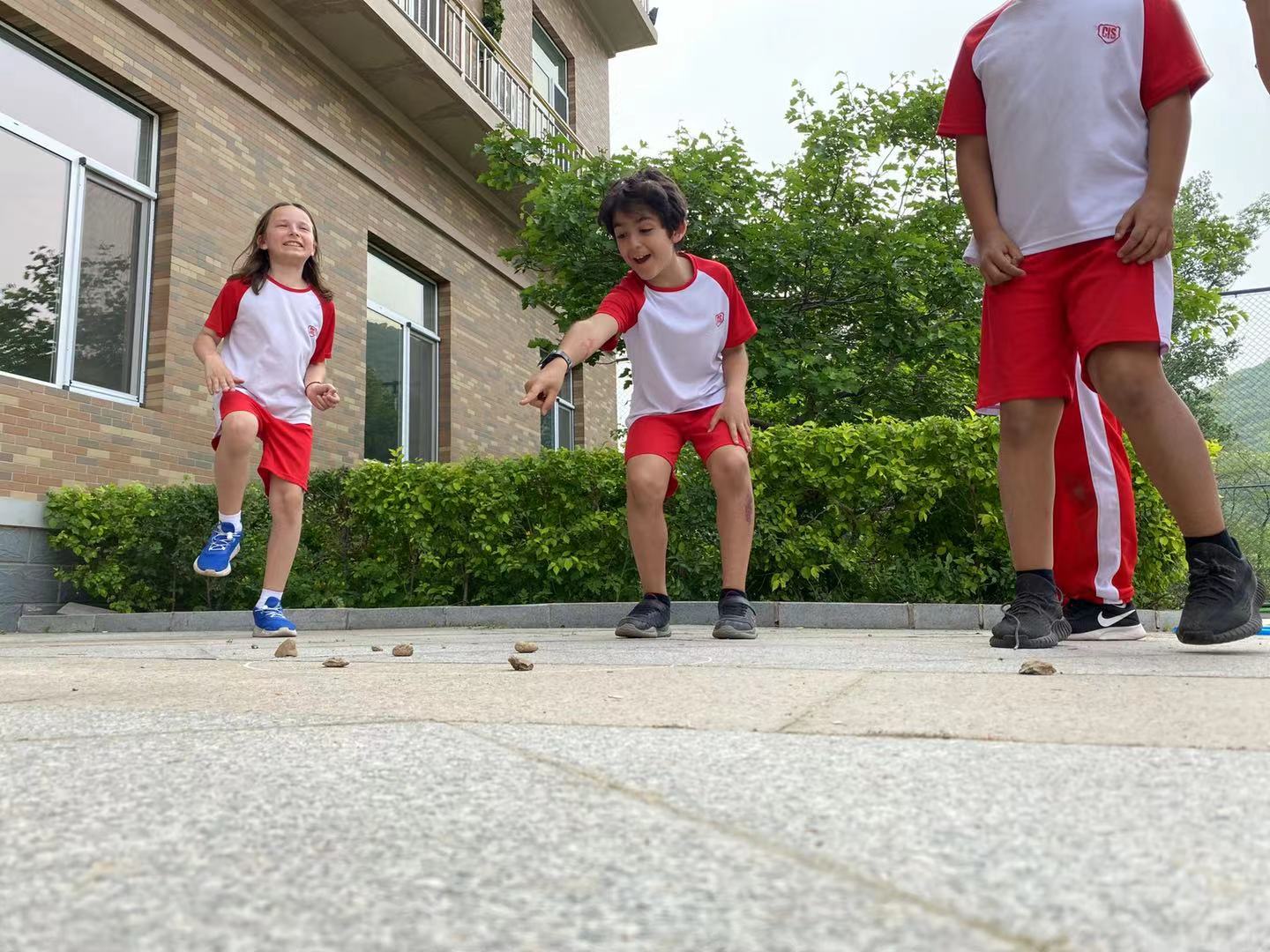
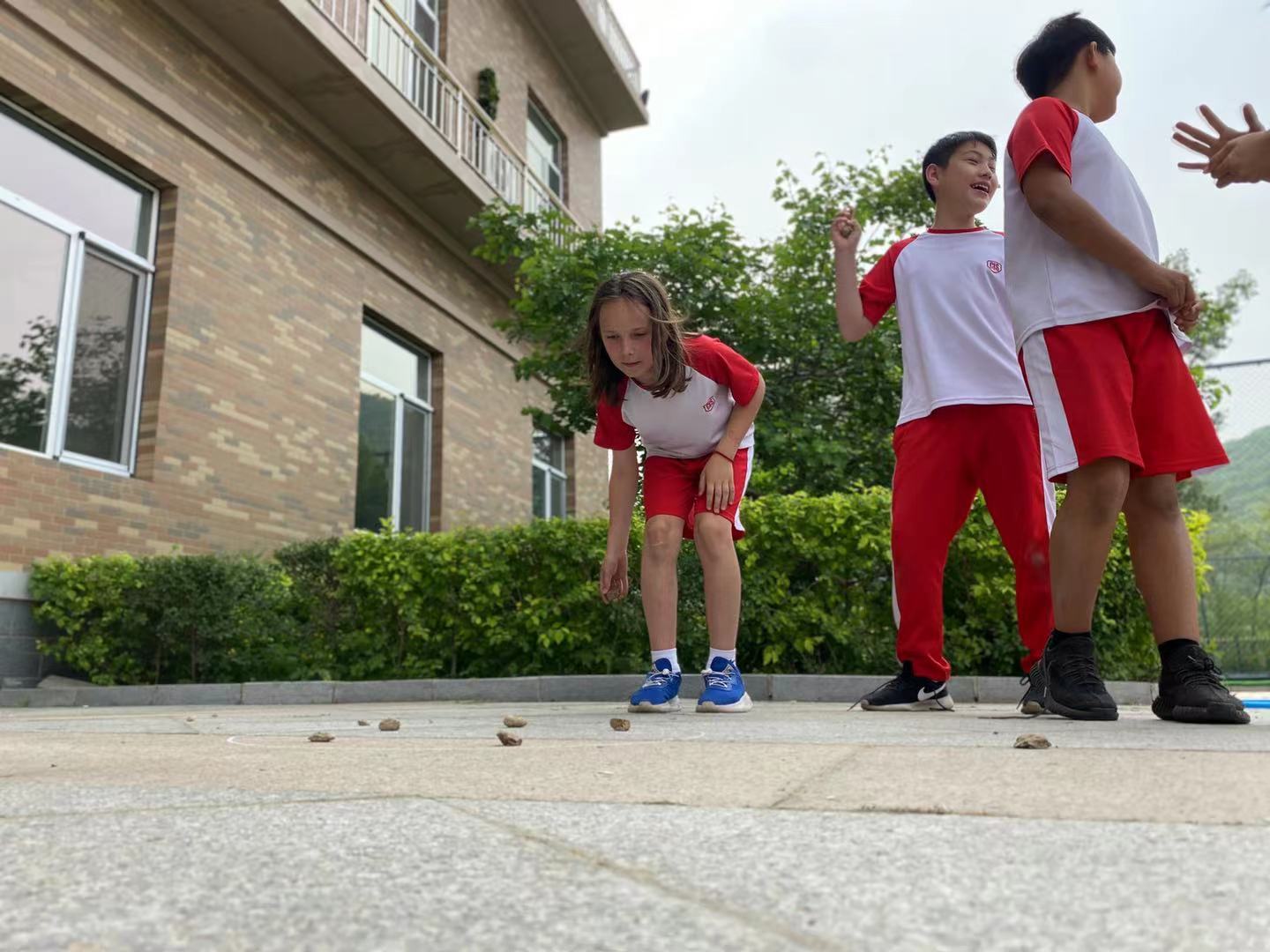
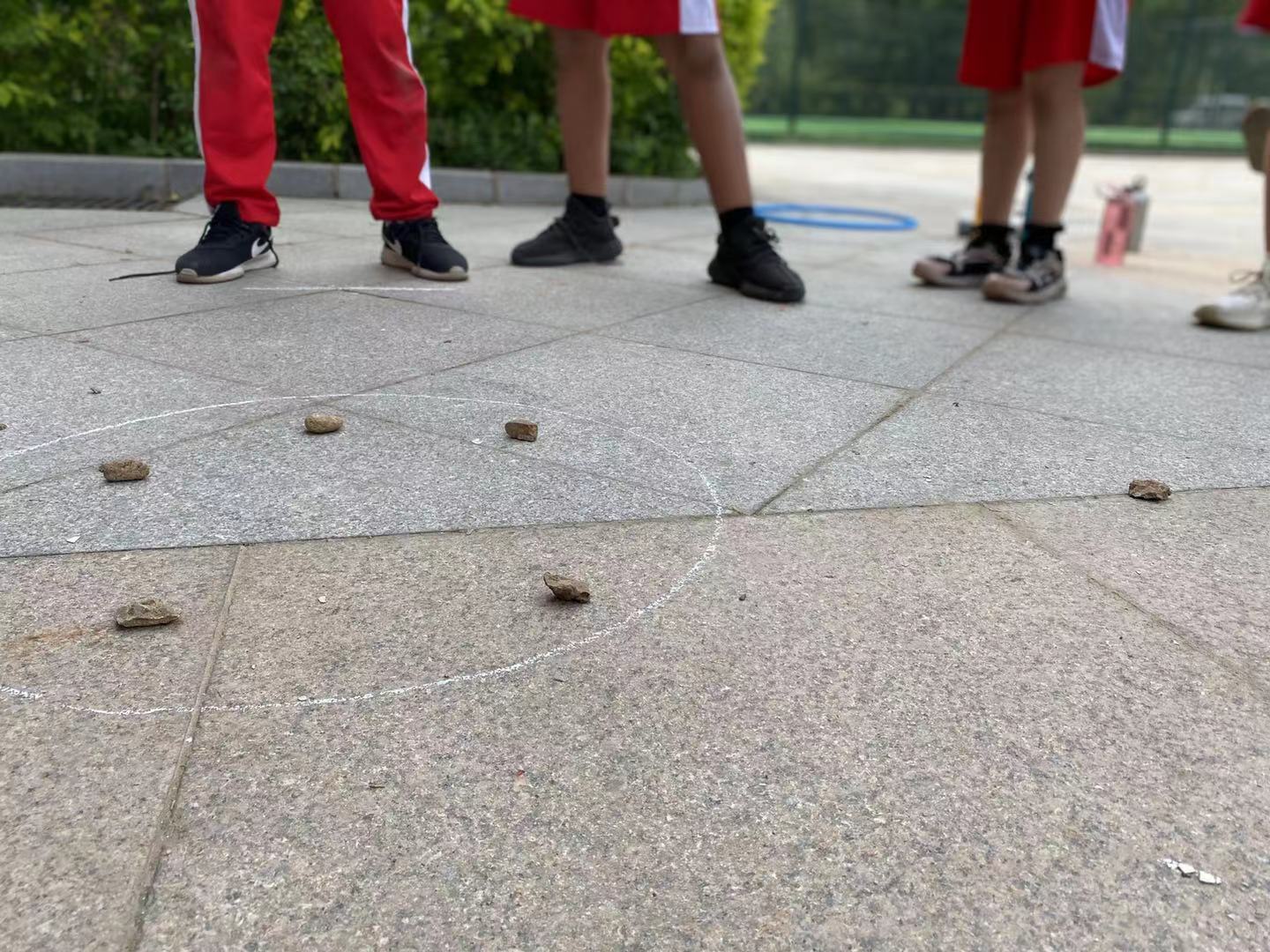
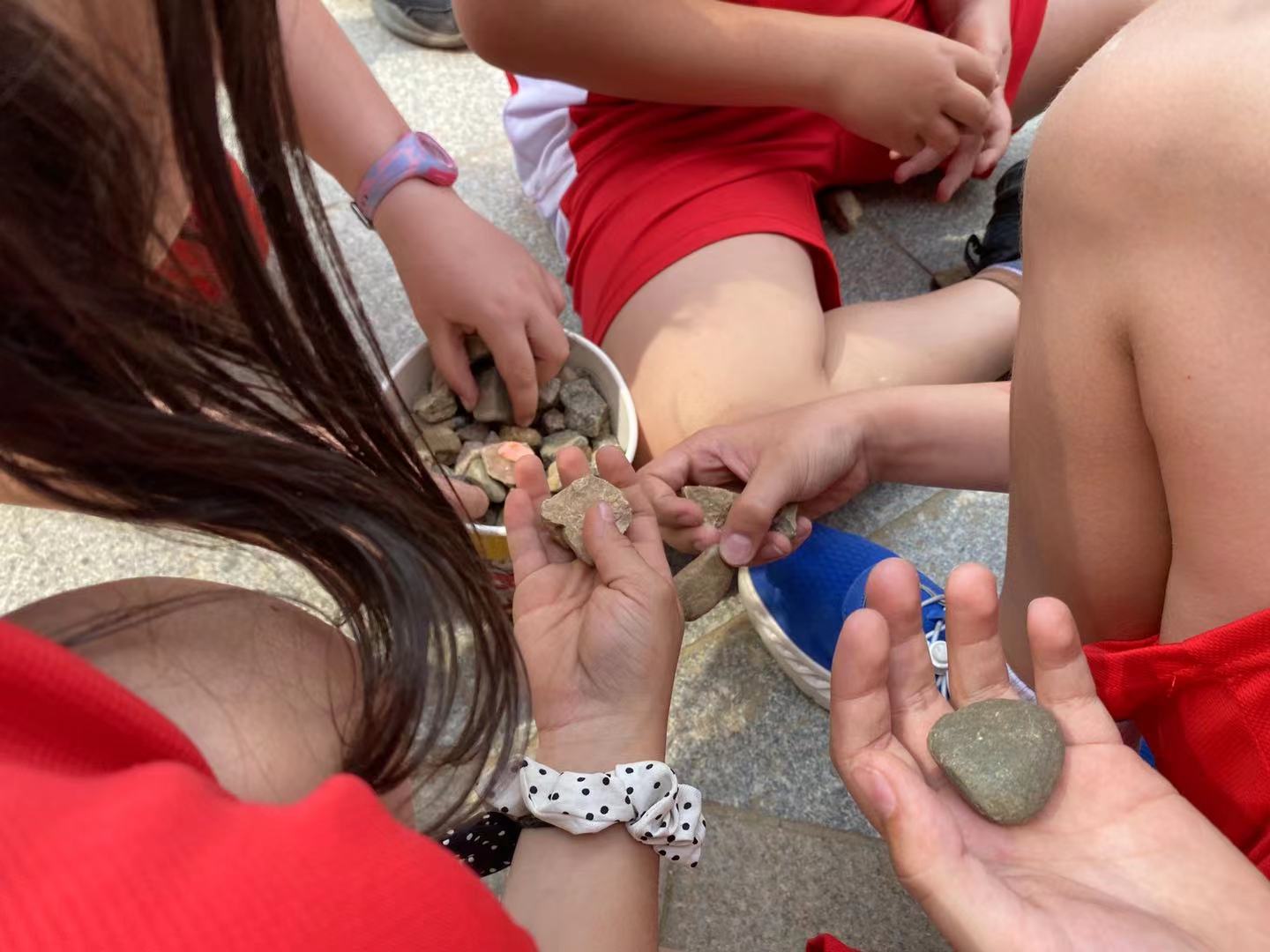
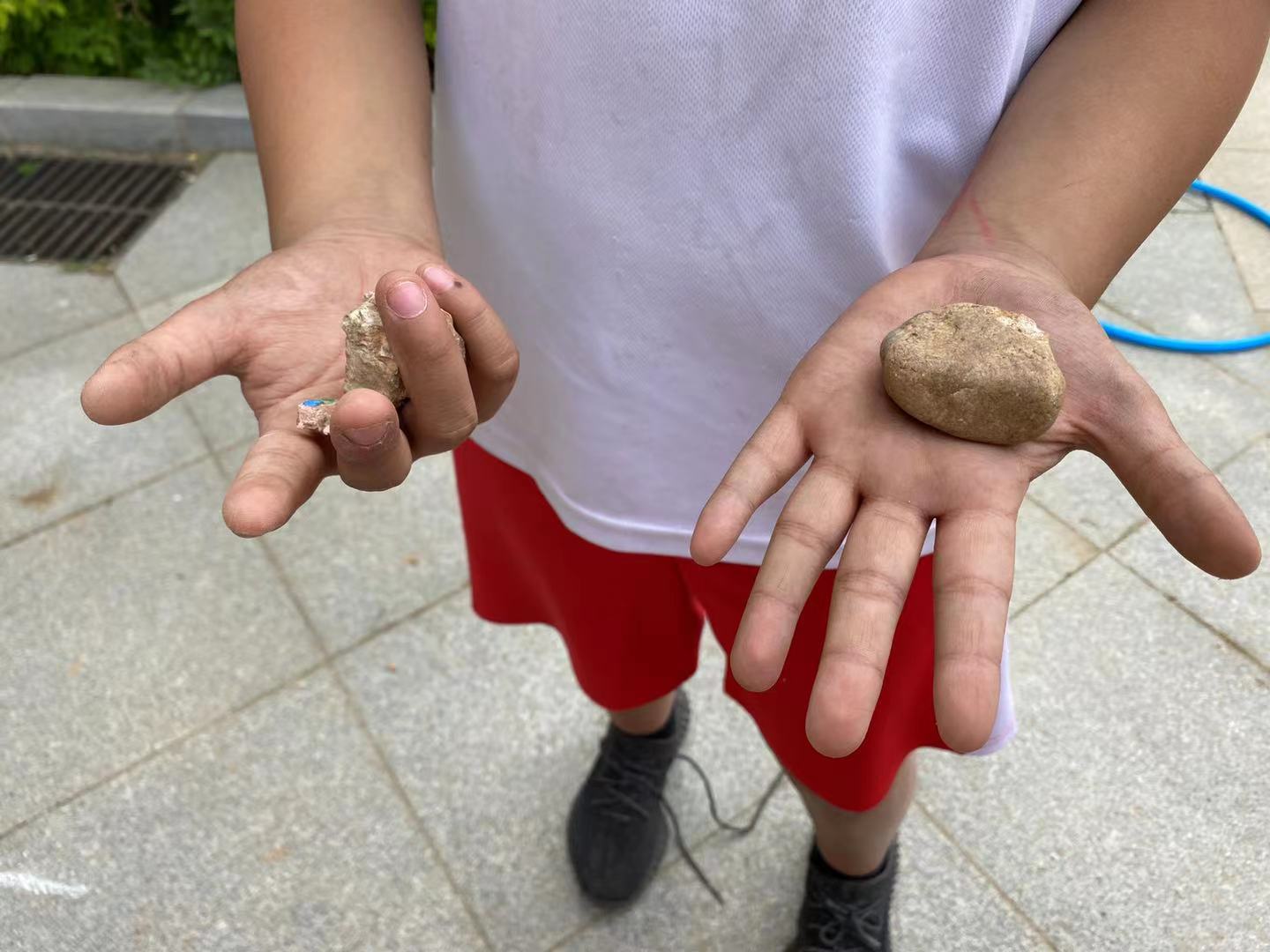
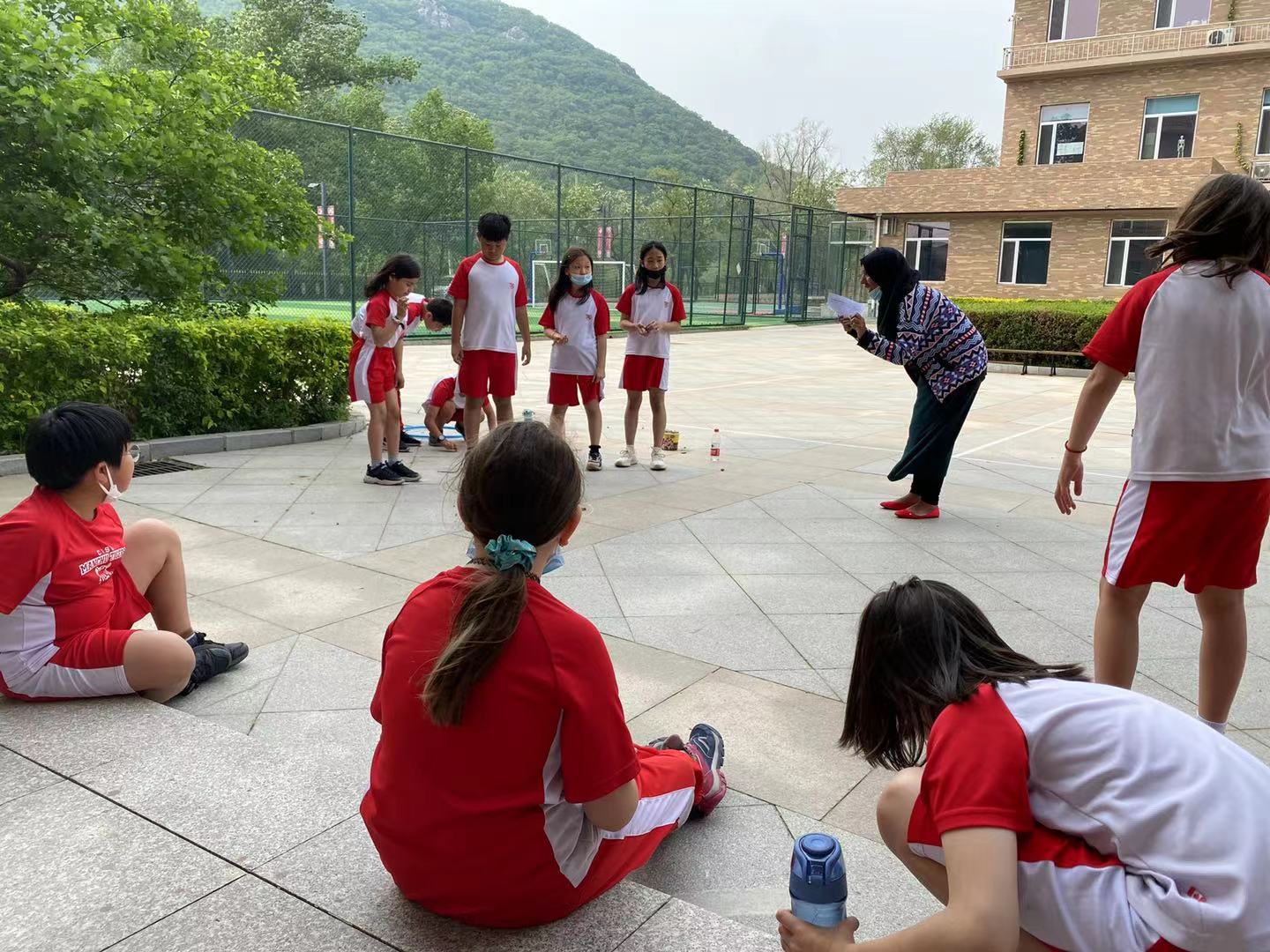
The Grade 5s took their maths concepts into the outdoors! In class, they have been working on Geometry – specifically different angles and properties of shapes. In order for the children to make a connection with what they do in class to the real world, they were asked to find different angles in the school. They were to find and photograph an acute, an obtuse, a straight, a right-angle and a reflex angle and create a page showing their findings using an app called Comic Life. This was a great activity for them to associate how concepts taught in class have real significance in the real world around them.
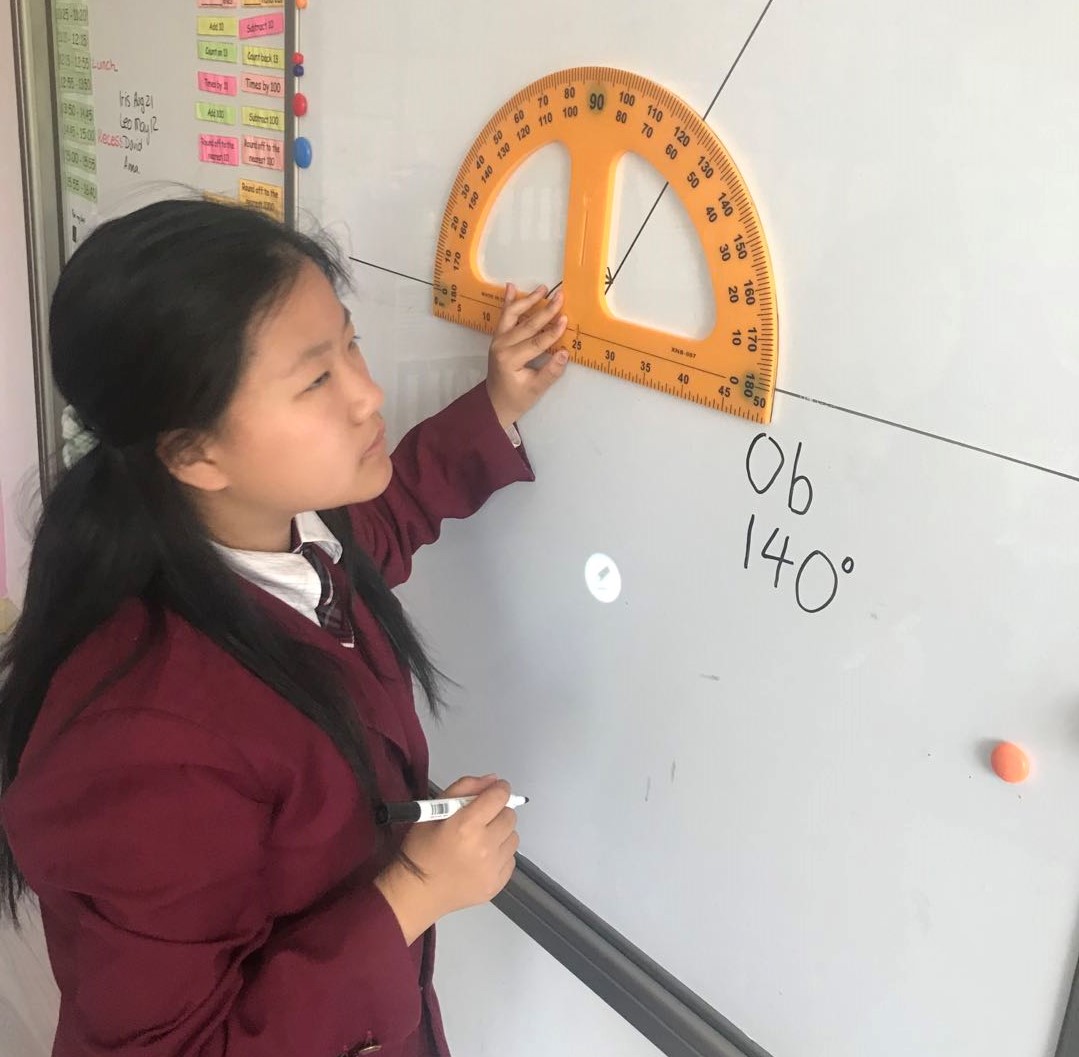
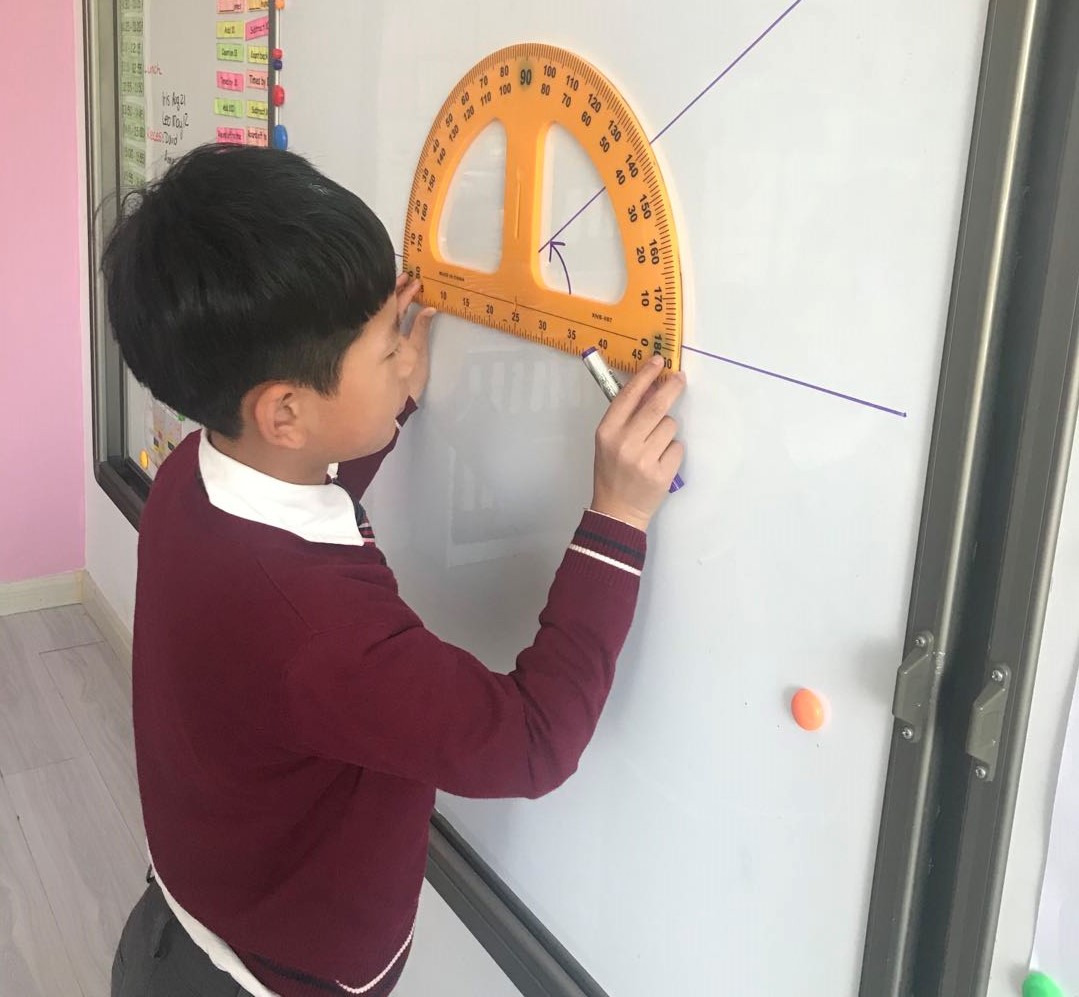
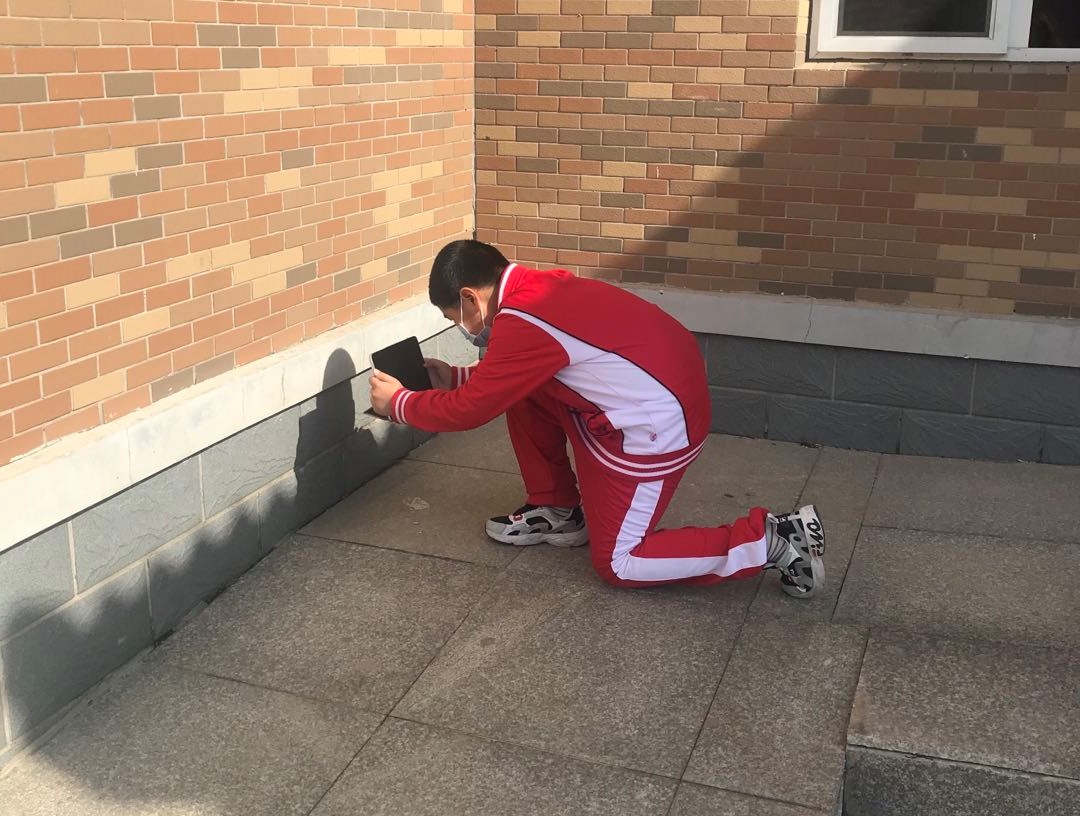
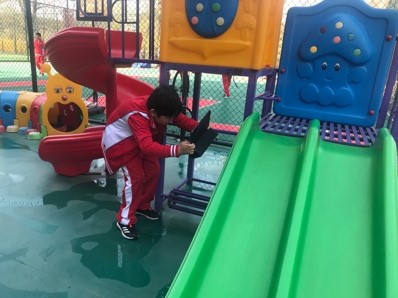
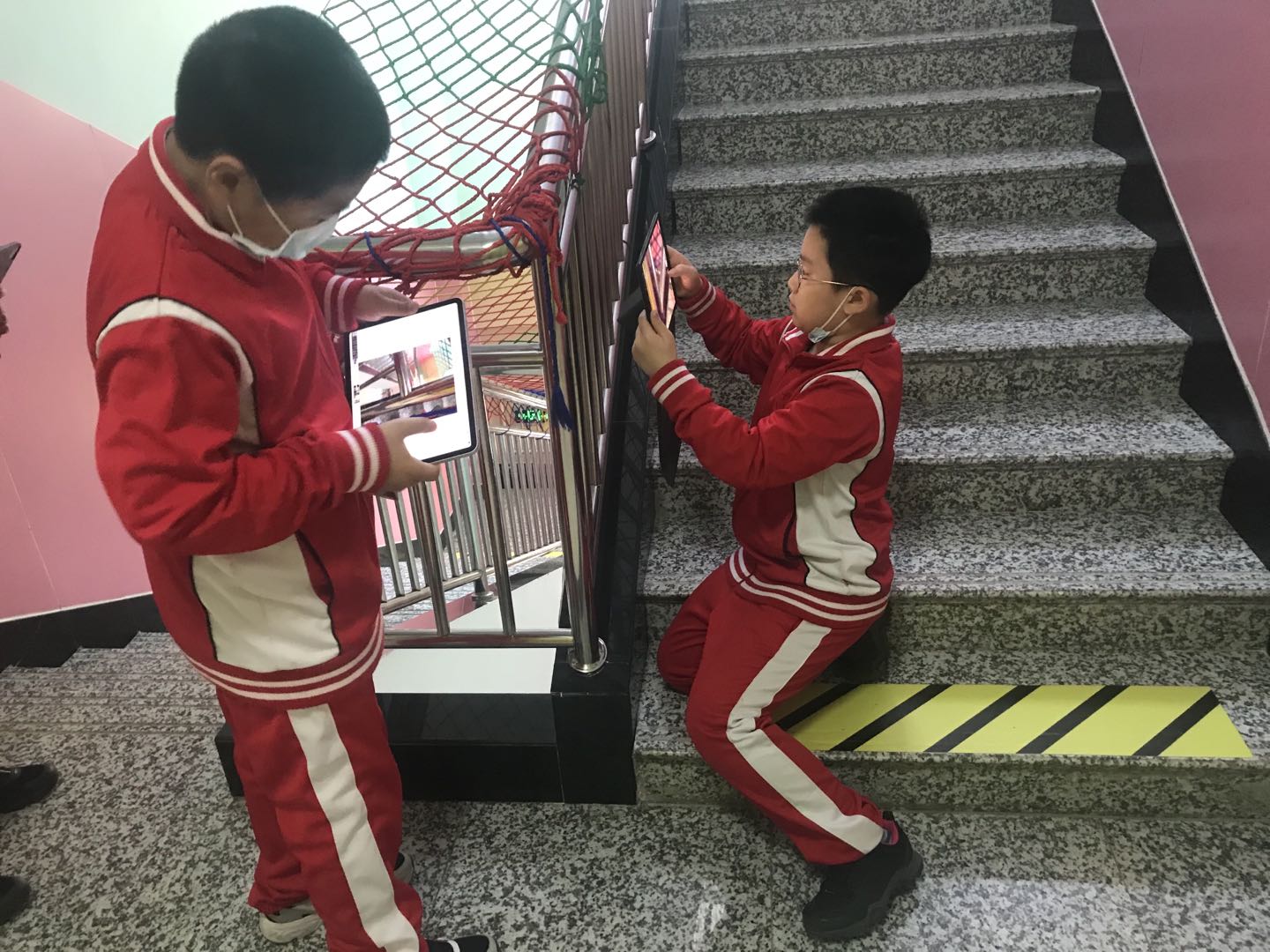
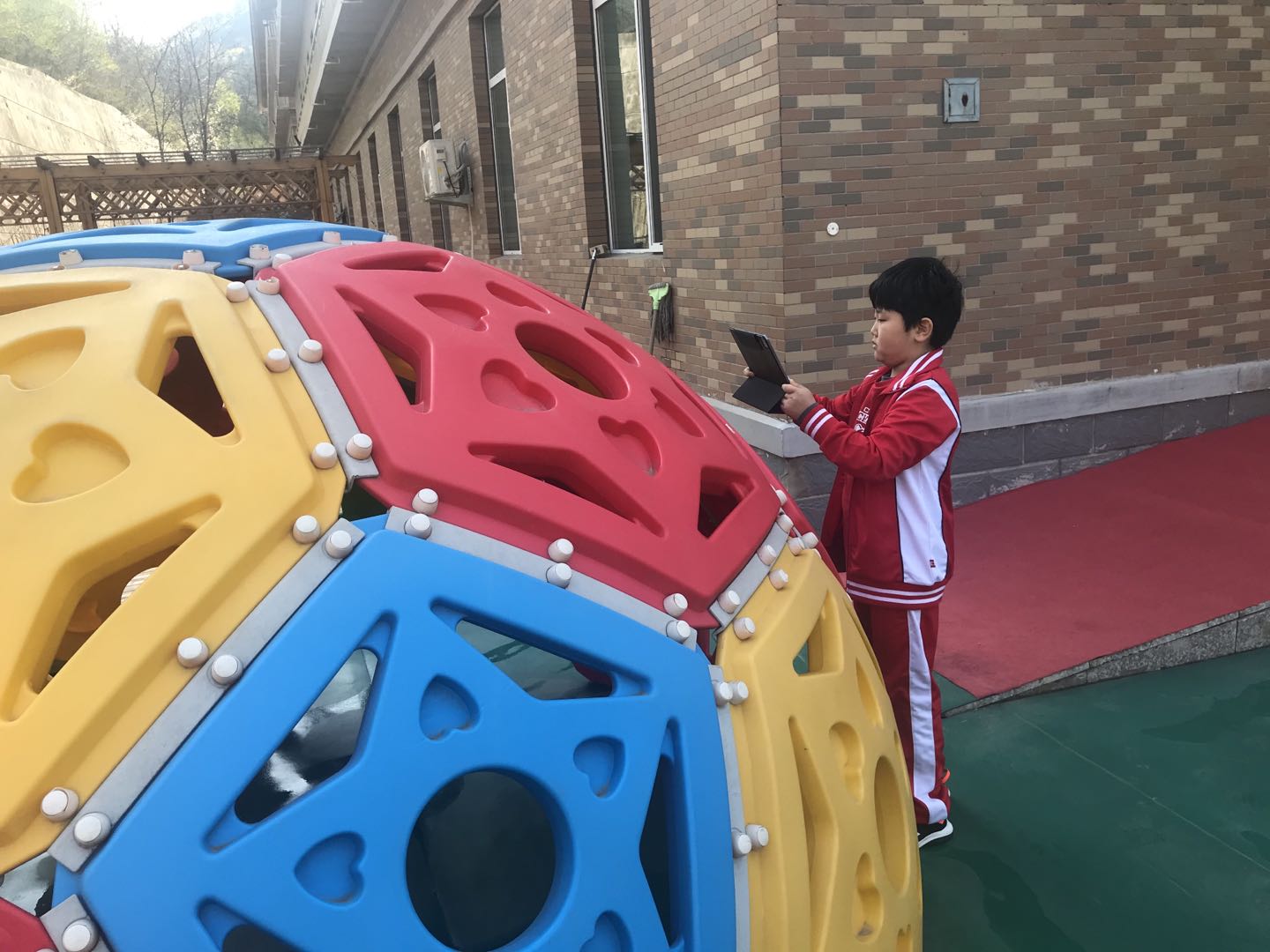
The CISS language teachers also participated in this global event! The Mandarin A students participated in outdoor Chinese reading. Their task was to read a poem called “If you get lost in the wild”. The poem introduced the concept of discovering direction. The students read directions such as “the leafy side is the south”, “the leafless side is north” and the students all followed the directions accordingly.
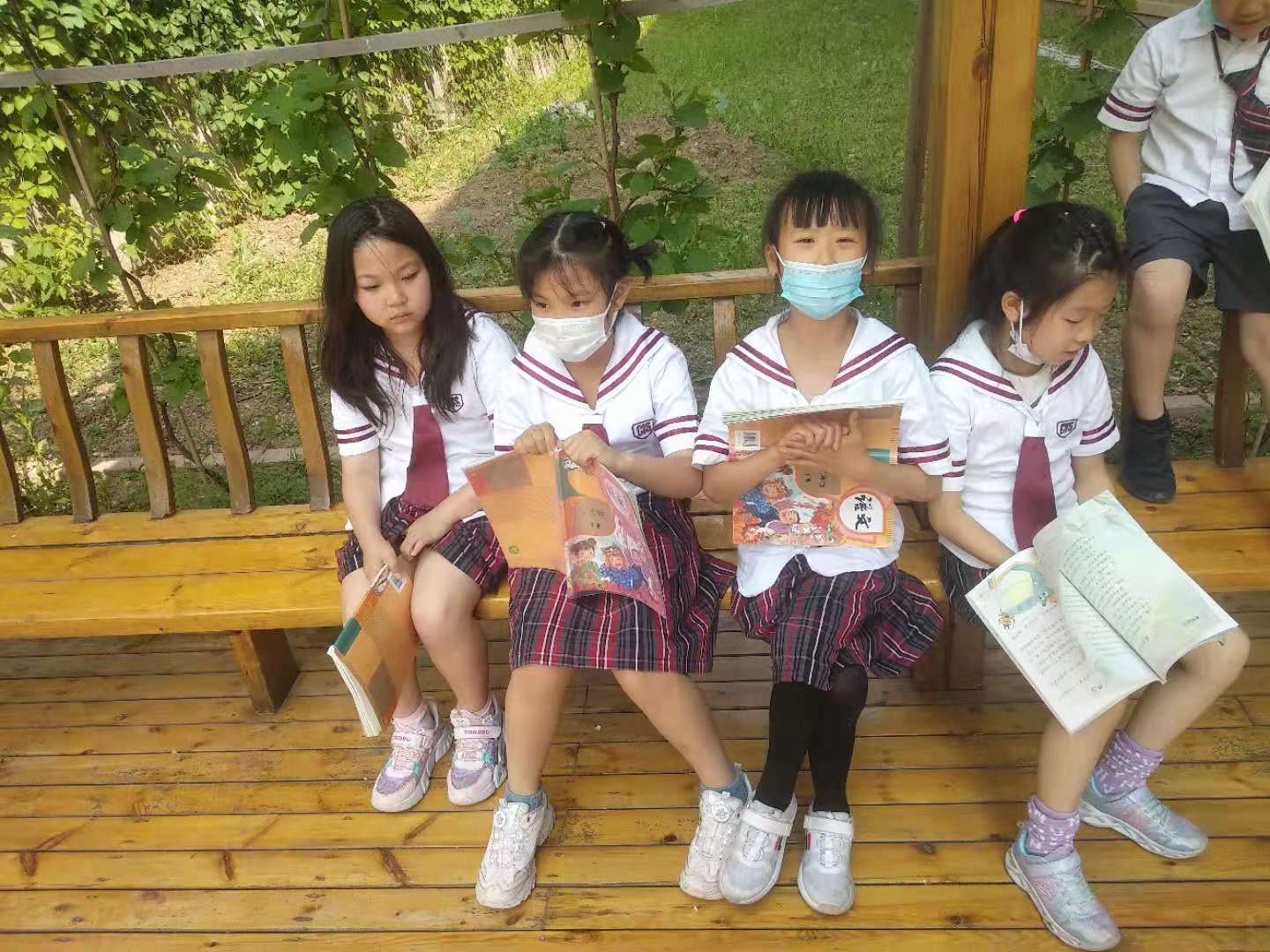
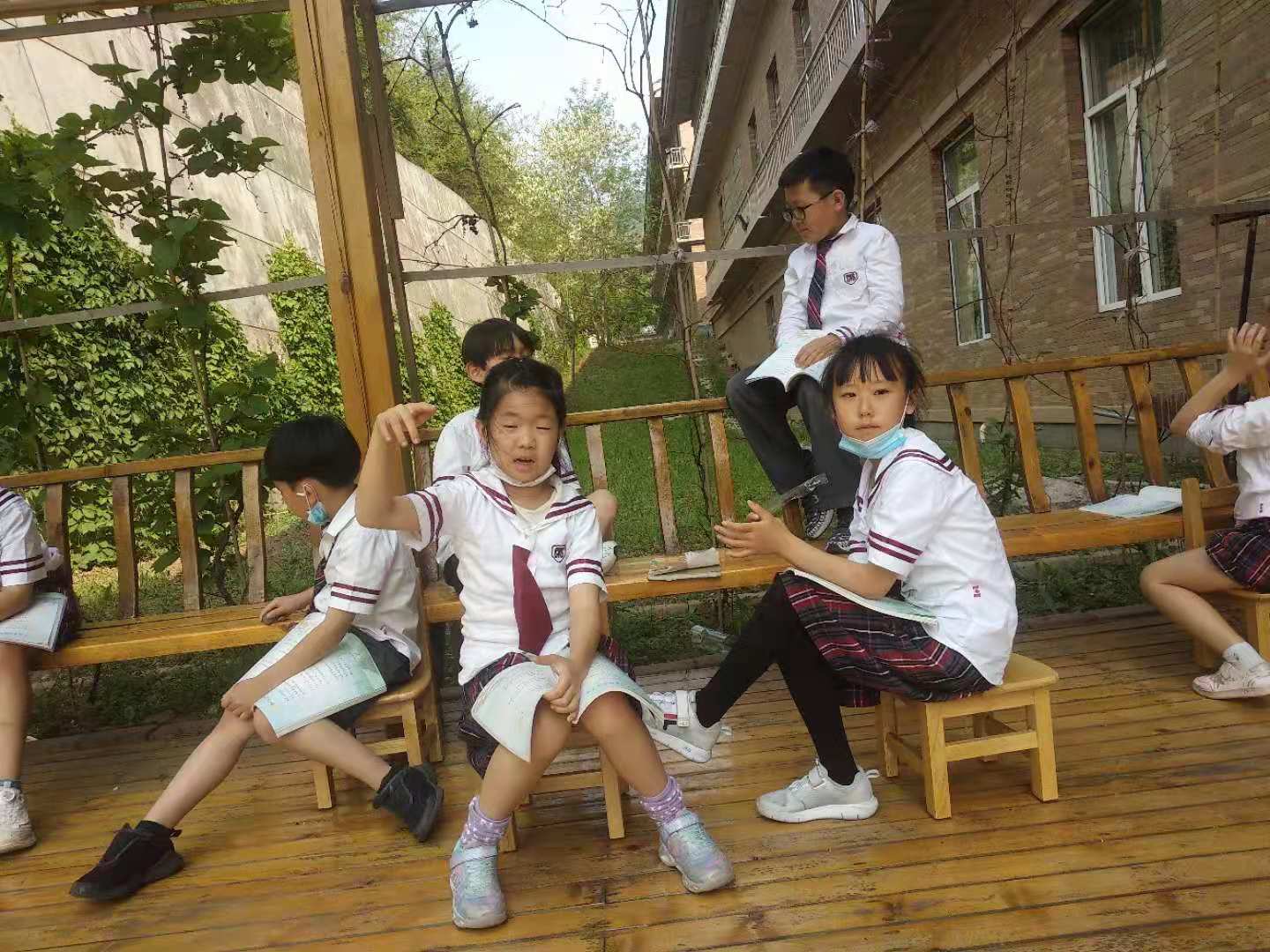
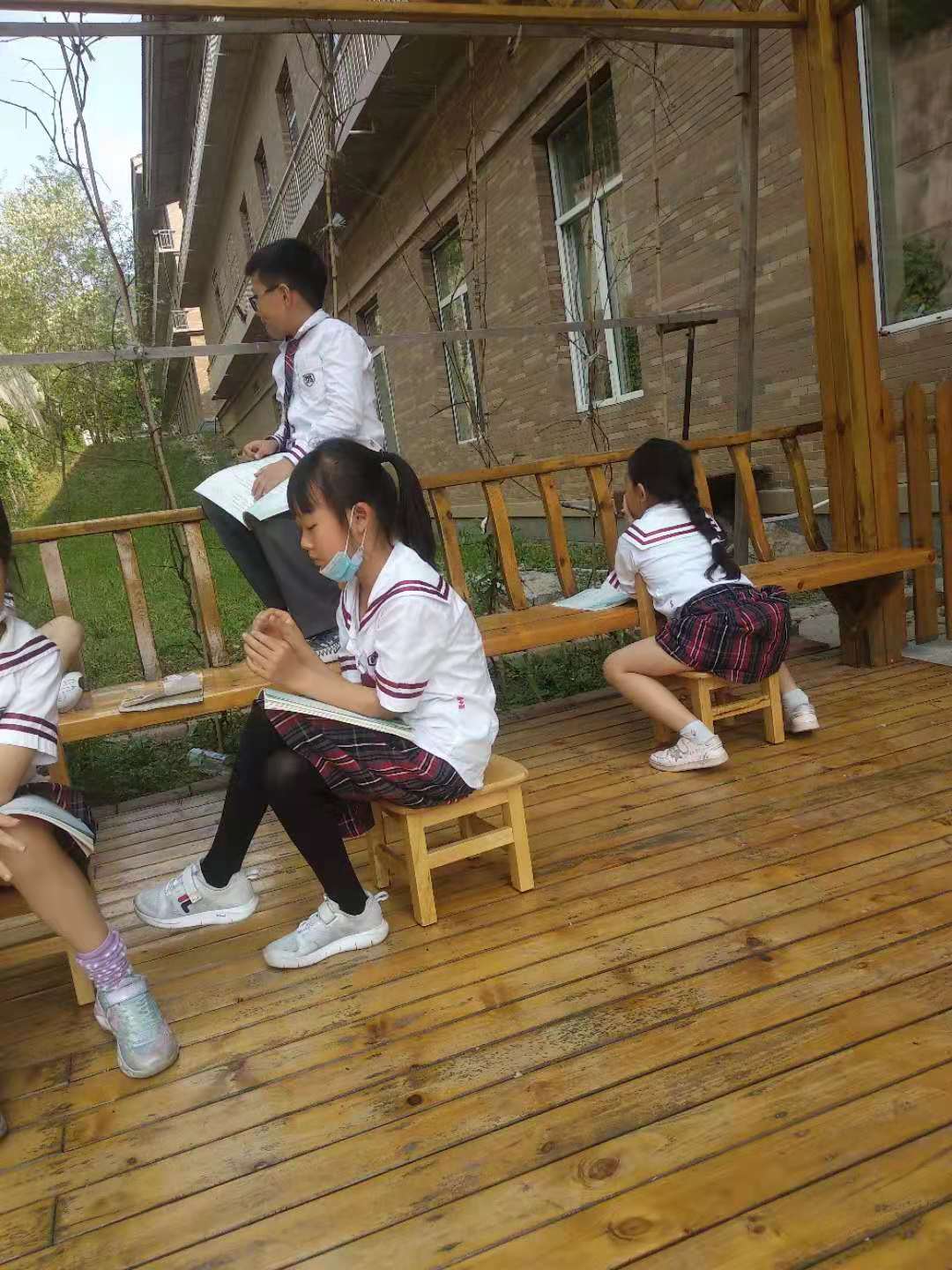
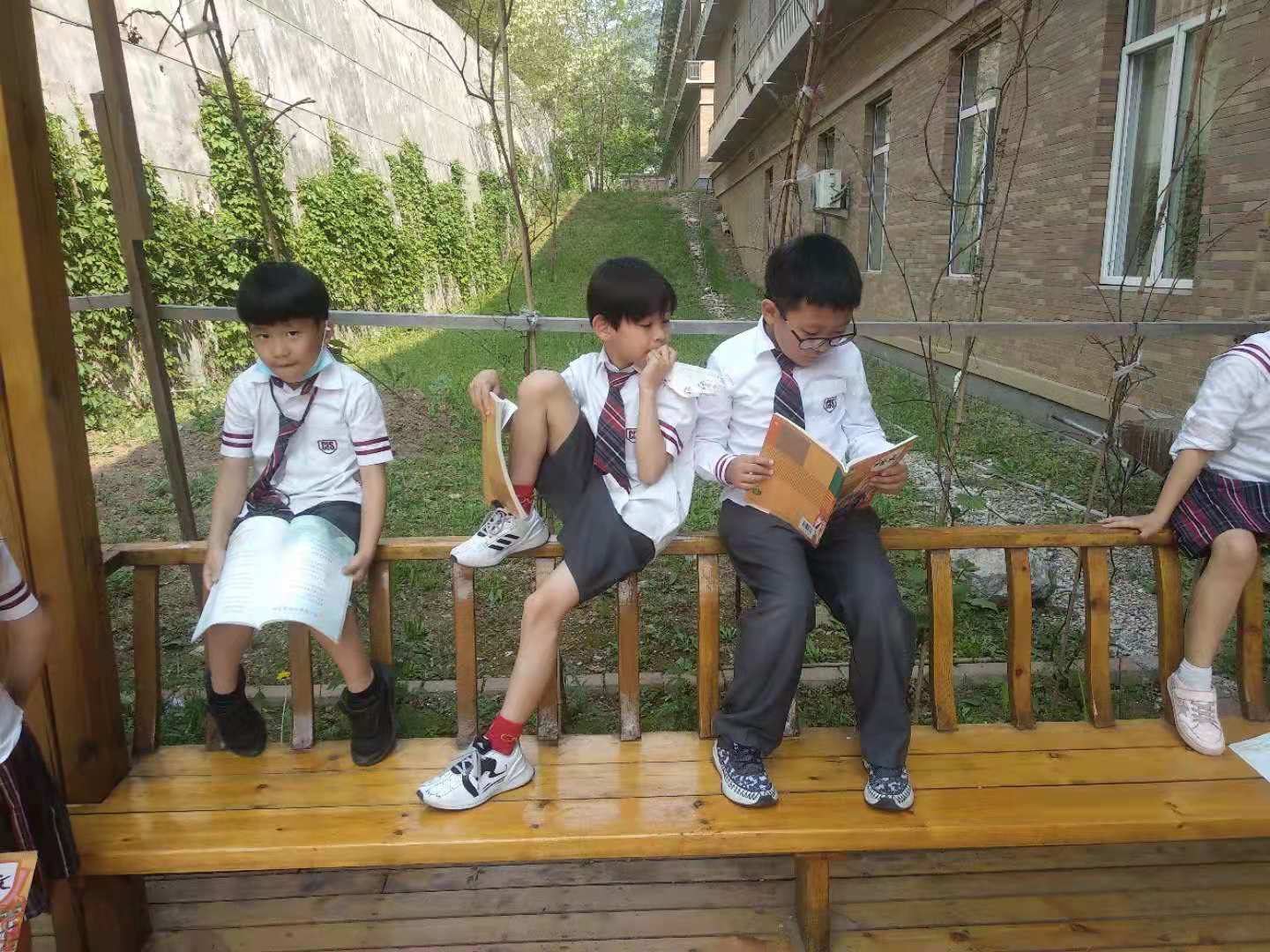
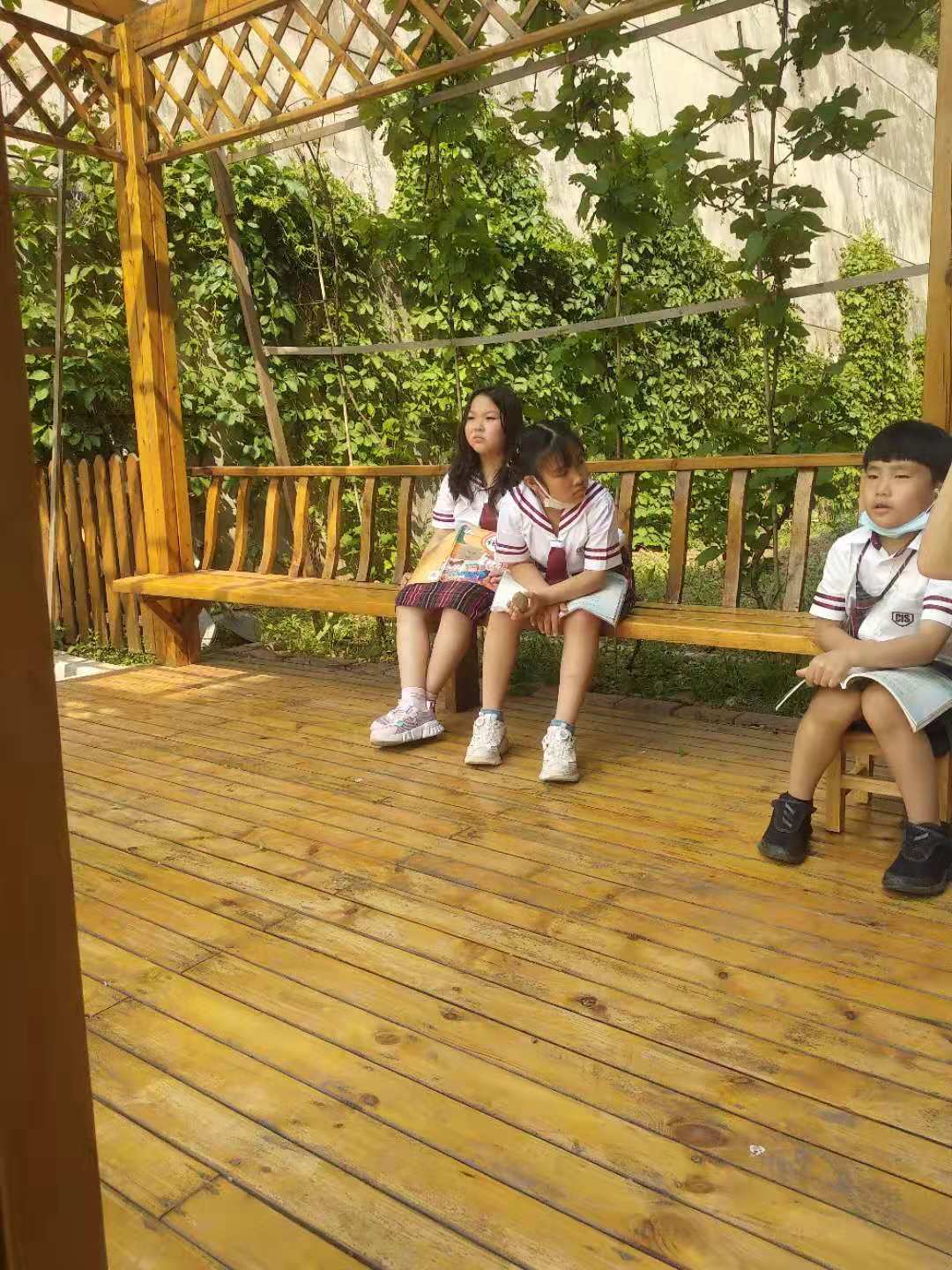
The Mandarin B students followed the theme: “Where is my stationery?” Their outdoor activity was divided into three parts. Firstly, looking for stationery that was hidden by another team. Secondly, they had to match the stationery they found with the correct card and lastly the students had to write about the stationery in pinyin according to the picture provided.
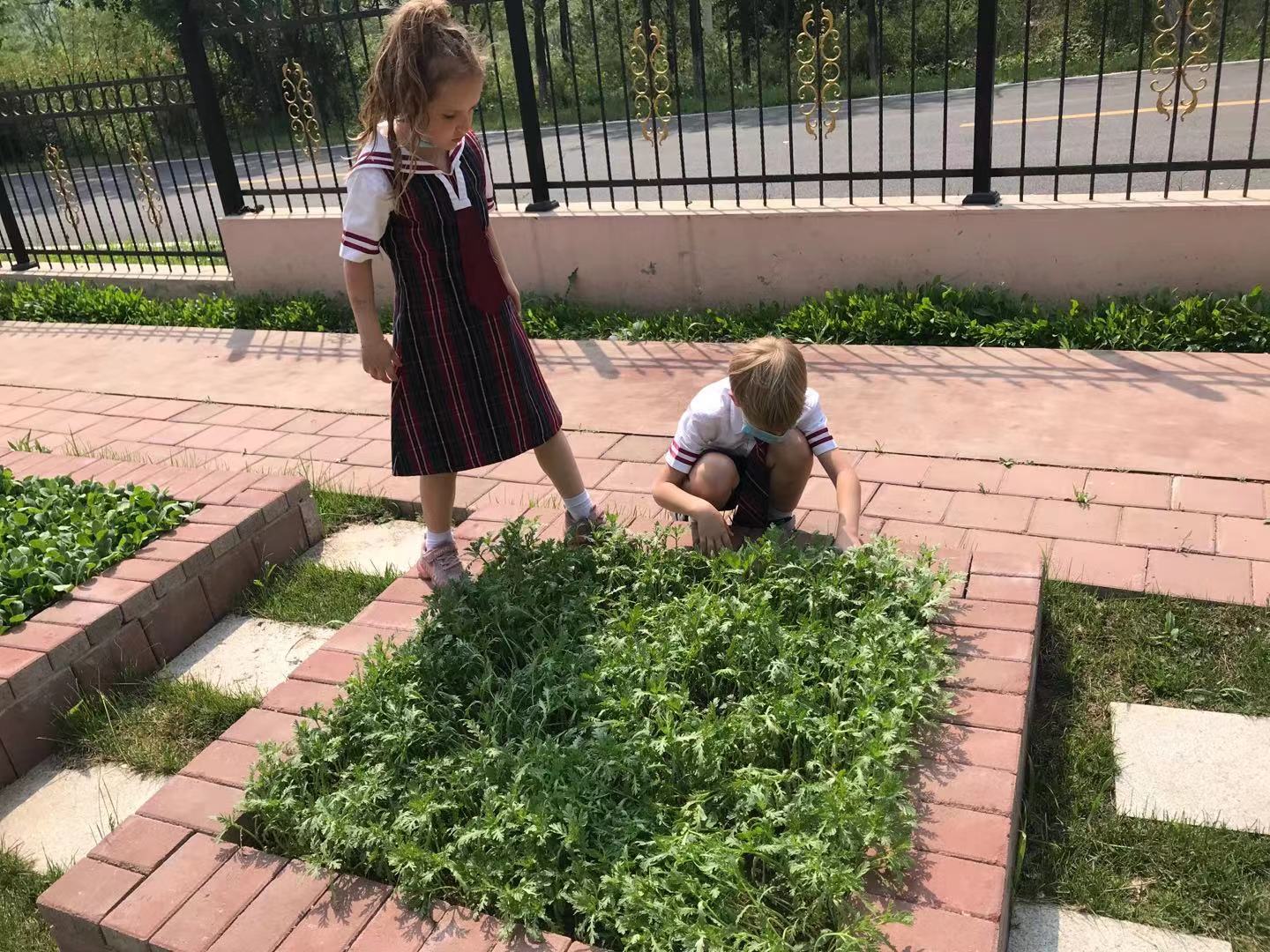
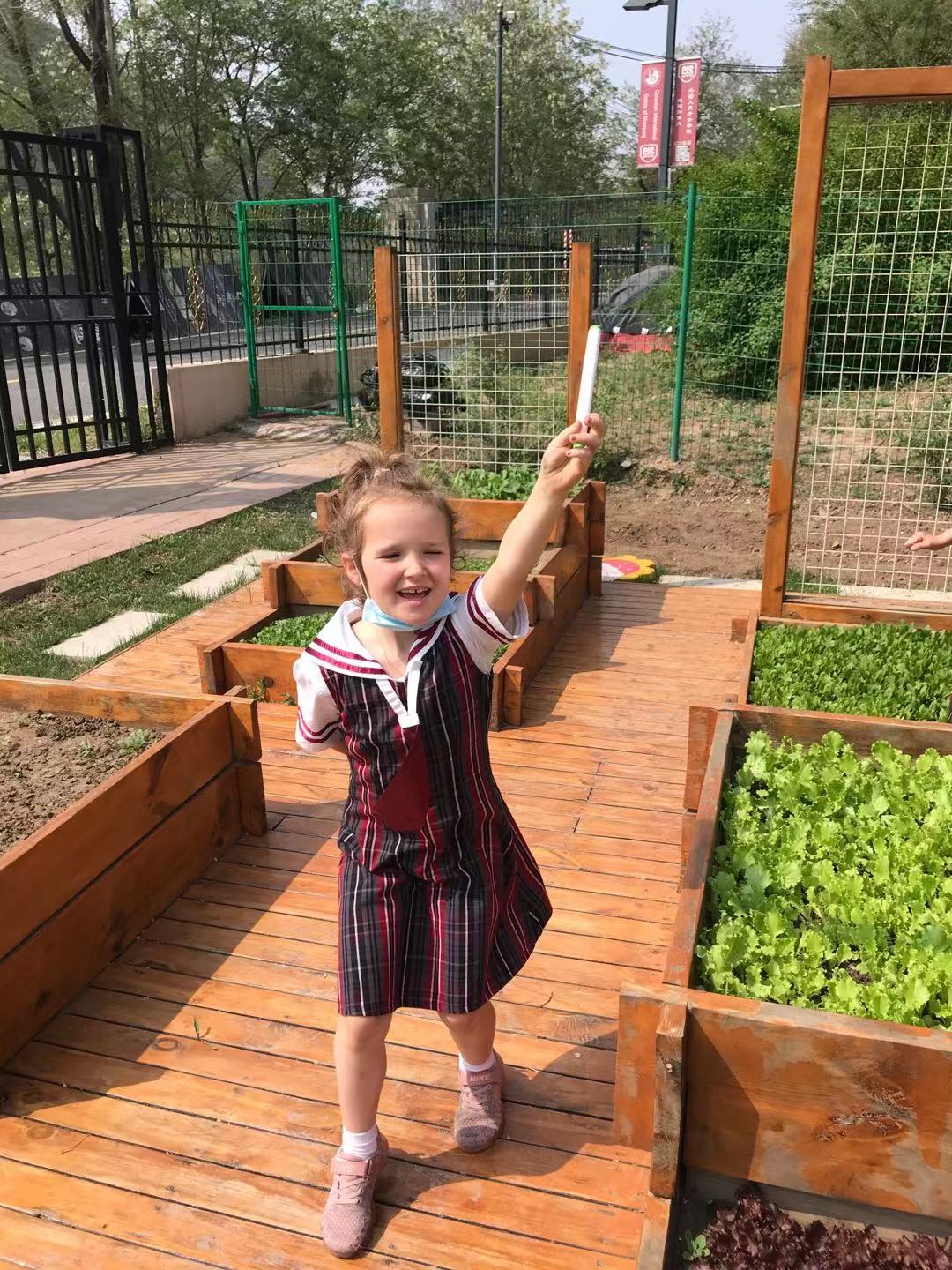
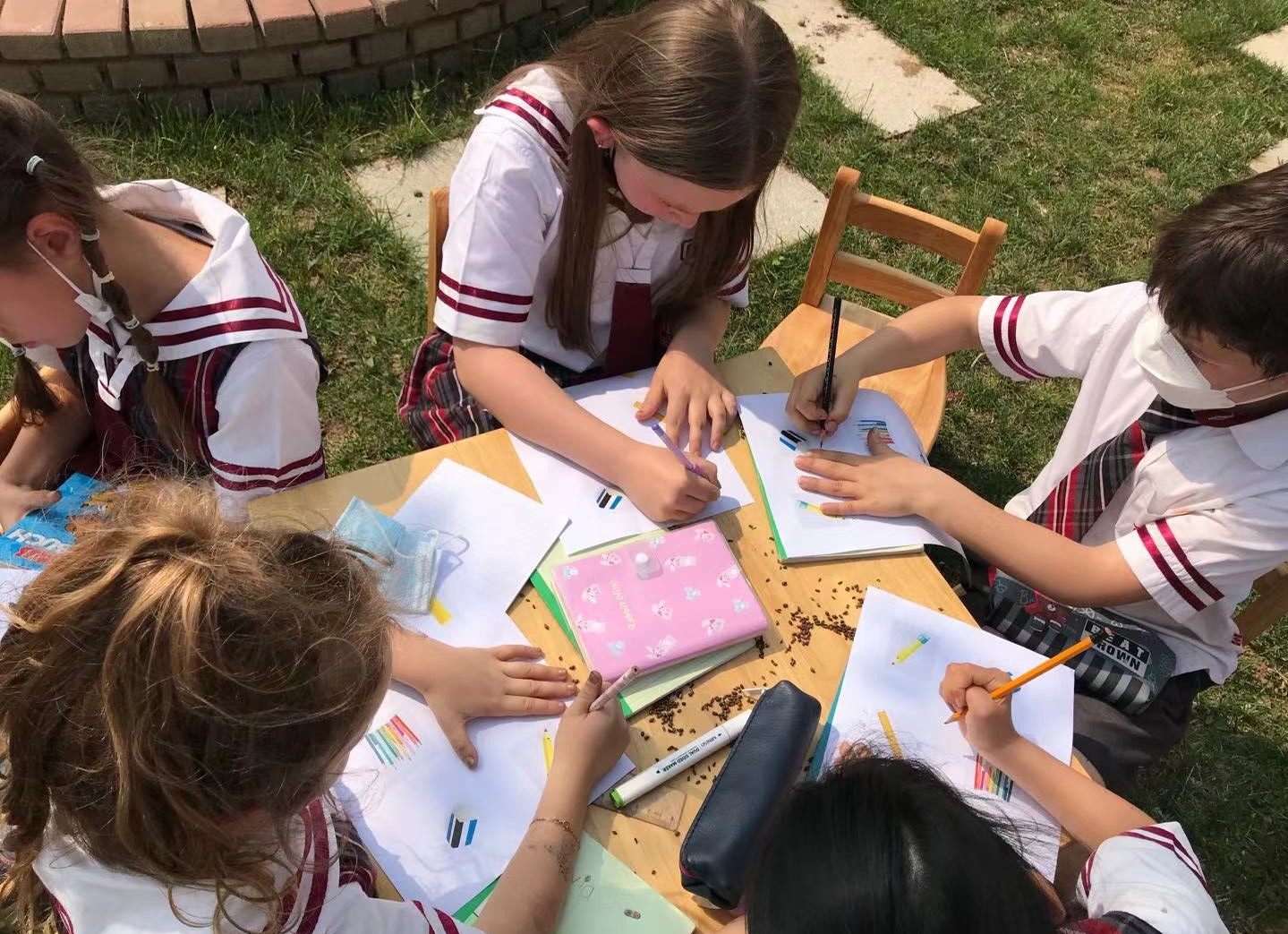
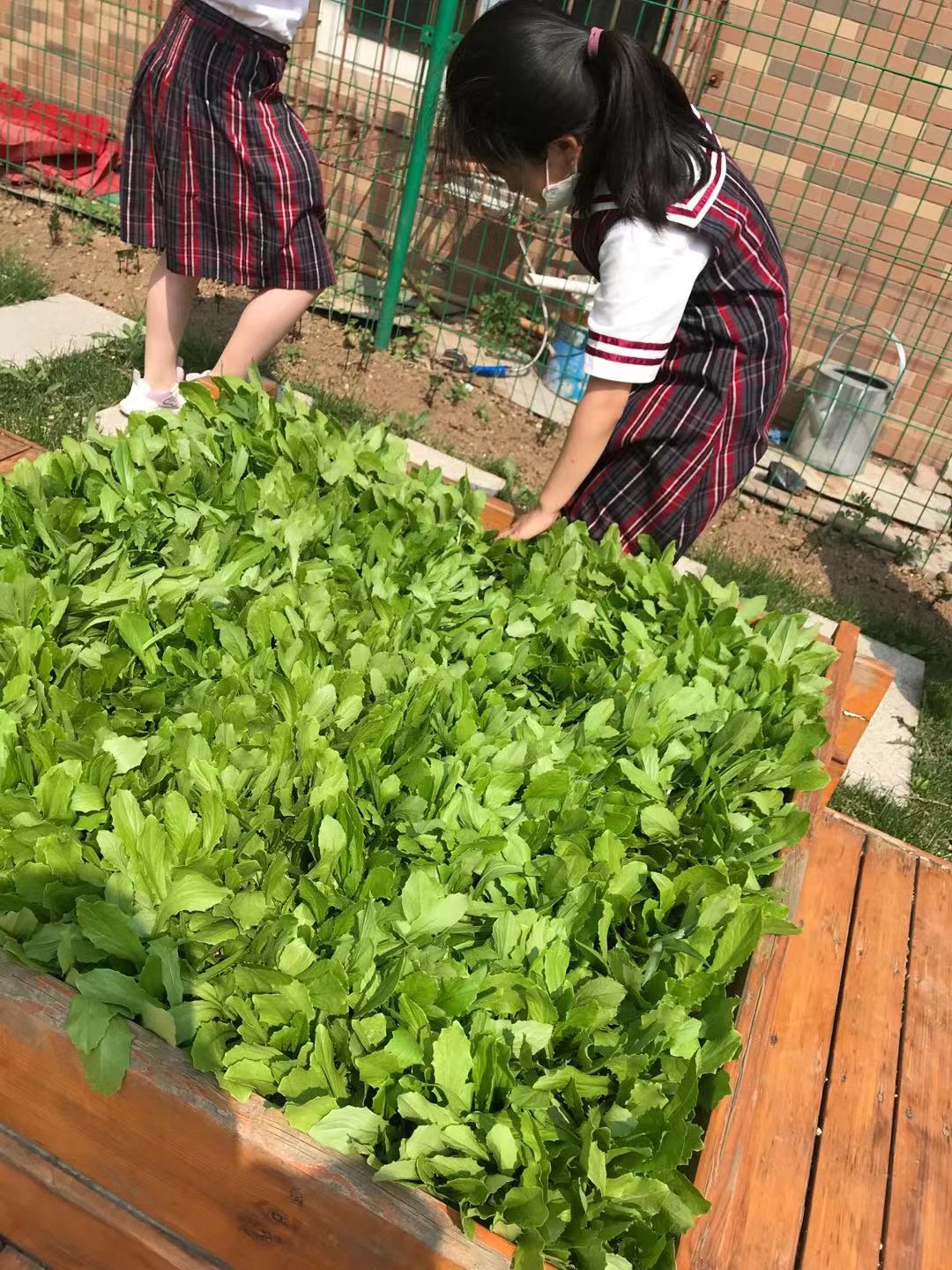
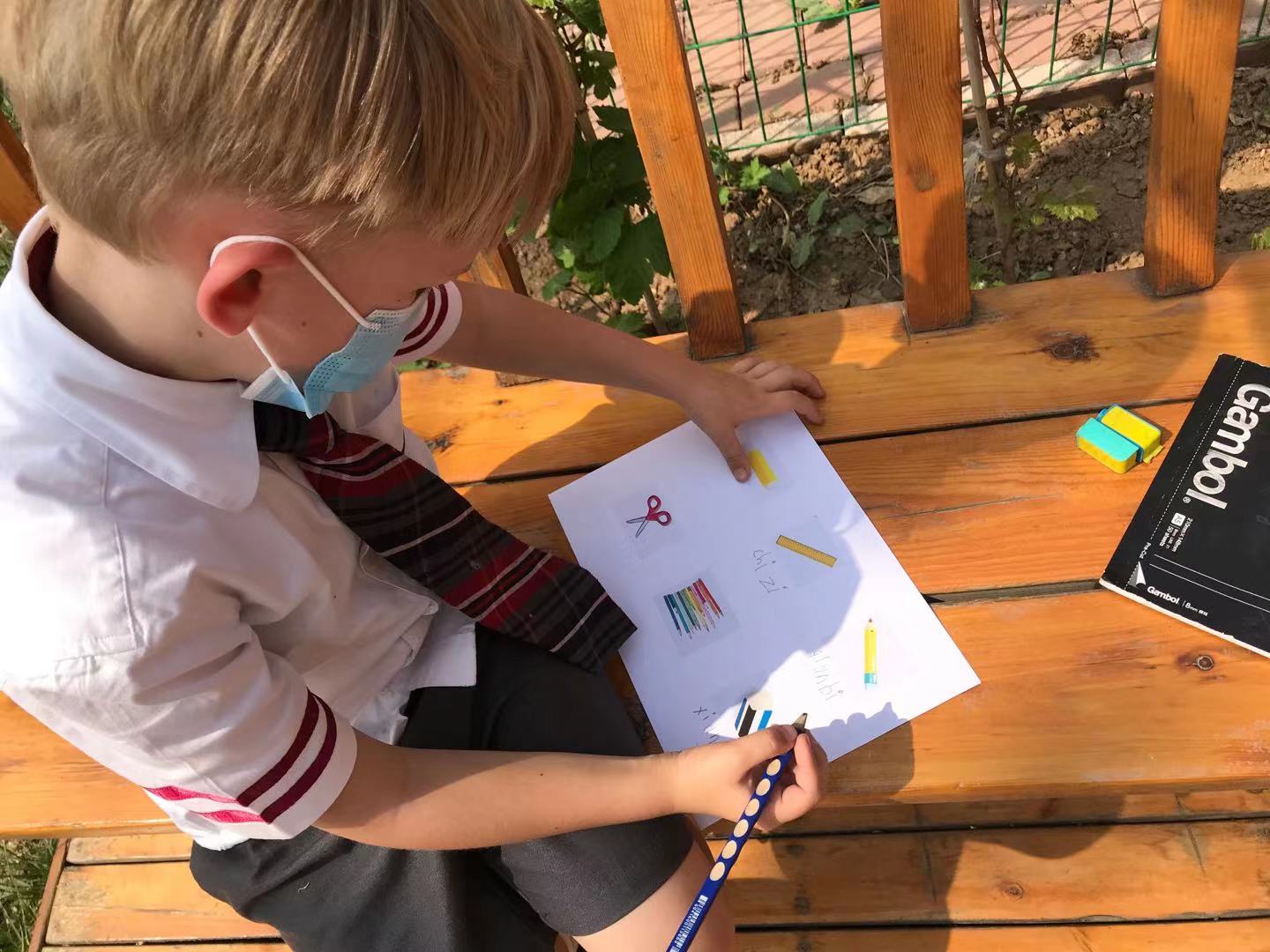
The students in the German language class incorporated World Bee Day, which was also on Thursday May 20, into their lesson. The students wrote a very short story of being a bee for a day. The students used their personal background information they had about bees (eg. collecting nectar, having enemies). They learned how important bees are for us humans and why these species need to be protected.
